Κείμενο
Χαίρετε, ονομάζομαι Στέλιος Πανταζής, είμαι γιατρός εξειδικευμένος στην ιατρική διατροφολογία και στις διαταραχές του μεταβολισμού και σήμερα θα μιλήσουμε για τις τροφές που επηρεάζουν την λειτουργία του θυρεοειδή. Αν πάσχετε από κάποιο πρόβλημα του θυρεοειδή, ή έχετε κάποιο γνωστό ή φίλο που πάσχει, είμαι σίγουρος ότι έχετε ακούσει για κάποιες τροφές που λένε ότι επηρεάζουν τη λειτουργία του θυρεοειδή, όπως το μπρόκολο, το λάχανο ή τη σόγια. Πιθανόν να έχετε ακούσει επίσης τον όρο βρογχοκηλογόνες τροφές, δηλαδή τροφές που προκαλούν ή επιδεινώνουν τη βρογχοκήλη, μία κατάσταση που συνδέεται με την υπολειτουργία του θυρεοειδή ή τον υποθυρεοειδισμό. Αλλά είναι δυνατόν τροφές τόσος υγιεινές όπως το λάχανο και το μπρόκολο να κάνουν κακό σε έναν άνθρωπο που έχει πρόβλημα με το θυρεοειδή που τις έχει τόσο πολύ ανάγκη; Στο σημερινό βίντεο θα μάθουμε την απάντηση. Μια τροφή ορίζεται ως βρογχοκηλογόνος αν επηρεάζει τη φυσιολογική λειτουργία του θυρεοειδή, δηλαδή αν κάνει δυσκολότερη τη λειτουργία του θυρεοειδή και την επίδραση των ορμονών του θυρεοειδή στο σώμα. Όπως γνωρίζετε ήδη, η σωστή λειτουργία του θυρεοειδή είναι αναγκαία για να λειτουργεί καλά ο μεταβολισμός. Πριν 100 χρόνια, οι επιστήμονες παρατήρησαν ότι υπάρχουν κάποιες τροφές που επηρεάζουν τη λειτουργία του θυρεοειδή καθώς μελετούσαν κουνέλια που έτρωγαν φρέσκο λάχανο σε μεγάλη ποσότητα. Αυτά τα κουνέλια, συχνά εμφάνιζαν σημαντική αύξηση του θυρεοειδή αδένα σε όγκο, μια κατάσταση που ονομάζεται βρογχοκήλη. Οι τροφές που οδηγούν σε αύξηση του όγκου του θυρεοειδή αδένα ονομάστηκαν βρογχοκηλογόνες τροφές. Τα τελευταία 100 χρόνια έχουν περιγράφει πολλές τροφές που είναι πλούσιες σε βρογχοκηλογόνες ουσίες και σήμερα θα παρουσιάσουμε ποιες τροφές είναι αυτές, σε ποιες περιπτώσεις είναι πρόβλημα για την υγεία και τι μπορείτε να κάνετε για να προστατευτείτε. Η βρογχοκηλογόνες τροφές περιέχουν ουσίες που μπορεί να επηρεάσουν τη σωστή λειτουργία του θυρεοειδή με πολλούς τρόπους, όπως εμποδίζοντας την απορρόφηση του

ιωδίου από το έντερο, ή την εισροή του ιωδίου μέσα στο θυρεοειδή αδένα, ή εμποδίζοντας την παραγωγή της TSH που διεγείρει την παραγωγή της θυροξίνης, δηλαδή της κύριας ορμόνης του θυρεοειδή, ή με άλλους τρόπους. Όταν ο θυρεοειδής δεν λειτουργεί σωστά, εμφανίζεται μία κατάσταση που ονομάζεται υποθυρεοειδισμός. Οι βρογχοκηλογόνες ουσίες συχνά είναι ουσίες που μπορεί να έχετε ακούσει ότι είναι πολύ καλές για την υγεία, όπως τα θειοκυανικά και τα φλαβονοειδή, ουσίες με ισχυρή αντιοξειδωτική δράση που προστατεύουν τα αγγεία μας ή η ρεσβερατρόλη στο κόκκινο κρασί και οι κατεχίνες στο πράσινο τσάι. Ήρθε η ώρα λοιπόν να δούμε ποιες τροφές περιέχουν βρογχοκηλογόνες ουσίες. Όλοι έχετε ακούσει για τα εξαιρετικά υγιεινά σταυρανθή. Τα σταυρανθή είναι μία ομάδα λαχανικών τα οποία είναι διάσημα για την ωφέλιμη δράση τους στην υγεία μας και για την ισχυρή αντικαρκινική τους δράση. Δυστυχώς όμως τα σταυρανθή είναι πλούσια σε βρογχοκηλογόνες ουσίες. Τα πιο διάσημα σταυρανθή είναι το μπρόκολο, το κουνουπίδι, το λάχανο, τα λαχανάκια Βρυξελλών, το kale ή λαχανίδα, το σπανάκι και το γουασάμπι. Άλλα φρούτα και λαχανικά και ξηροί καρποί που είναι επίσης πλούσια σε βρογχοκηλογόνες ουσίες είναι το καλαμπόκι, ο λιναρόσπορος, το κεχρί, τα ροδάκινα, τα αράπικα φιστίκια, τα αχλάδια, το κουκουνάρι, οι φράουλες και οι γλυκοπατάτες. Τέλος, πλούσιες σε βρογχοκηλογόνες ουσίες είναι και οι τροφές που προέρχονται από σόγια όπως το γάλα σόγιας, το τόφου, το ενταμαμε και το τέμπε. Όπως έχουμε πει επανειλημμένα, όλες αυτές οι τροφές είναι εξαιρετικά υγιεινές και θα πρέπει να υπάρχουν σε αφθονία σε κάποιον που θέλει να ακολουθεί μία υγιεινή διατροφή. Άρα, αυτή τη στιγμή πρέπει να απαντήσουμε σε δύο ερωτήματα. Το πρώτο είναι: κάποιος που δεν έχει πρόβλημα με το θυρεοειδή, δηλαδή δεν έχει κάτι διαγνωσμένο, πρέπει να ανησυχεί; Πρέπει να φροντίσει να περιορίσει αυτές τις τροφές; Έδώ η απάντηση είναι ξεκάθαρη και απλή. Όχι, σε καμία περίπτωση. Εάν δεν έχετε κάποιο πρόβλημα με το θυρεοειδή διαγνωσμένο

από ενδοκρινολόγο, δεν πρέπει σε καμία περίπτωση να περιορίσετε αυτές τις τροφές που είναι τόσο καλές για την υγεία. Αν όμως έχετε υποθυρεοειδισμό διαγνωσμένο από ενδοκρινολόγο και λαμβάνετε φαρμακευτική αγωγή για αυτό το λόγο, τότε πάλι δεν πρέπει να αποφεύγετε αυτές τις τροφές αλλά πρέπει να πάρετε κάποια μέτρα για να προστατευτείτε από τις βρογχοκηλογόνες ουσίες που περιέχουν αυτές οι τροφές. Πάμε λοιπόν να δούμε πώς θα τρώτε αυτές τις τροφές σωστά ώστε να μην επιβαρύνει το πρόβλημα υγείας που έχετε. Φροντίστε ώστε η διατροφή σας να να έχει μεγάλη ποικιλία τροφών ώστε να μην καταλήγετε να τρώτε συχνά τροφές που είναι πλούσιες σε βρογχοκηλογόνες ουσίες, αλλά και ταυτόχρονα να λαμβάνεται πολλές βιταμίνες και ιχνοστοιχεία. Μαγειρέψτε όλες τις τροφές που ανέφερα που είναι πλούσιες σε βρογχοκηλογόνες ουσίες. Το μαγείρεμα αυτό των τροφών καταστρέφει ένα ένζυμο το οποίο έχει ως αποτέλεσμα να μειώνονται σημαντικά οι βρογχοκηλογόνες ουσίες μέσα στην τροφή. Πριν καταναλώσετε κάποιο από αυτά τα λαχανικά που ανέφερα πρέπει είτε να τα τσιγαρίζετε, είτε να τα ψήσετε, είτε να τρόπο θα μειώσετε πάρα πολύ την περιεκτικότητά τους σε τα μαγειρέψετε στον ατμό ή στην κατσαρόλα. Με αυτό τον βρογχοκηλογόνες ουσίες. Βουτήξτε την τροφή που είναι πλούσια σε βρογχοκηλογόνες ουσίες μέσα σε βραστό νερό για 30 με 60 δευτερόλεπτα. Σε περίπτωση που θέλετε να χρησιμοποιήσετε κάποιο λαχανικό ή φρούτο για να φτιάξετε smoothie και δεν θέλετε να το μαγειρέψετε, μπορείτε να το βυθίσετε σε βραστό νερό για 30 με 60 δευτερόλεπτα και αυτό θα μειώσει δραματικά την περιεκτικότητα της τροφής σε βρογχοκηλογόνες ουσίες. Αυξήστε την κατανάλωση ιωδίου και σεληνίου. Σε προηγούμενο βίντεο έχω μιλήσει εκτεταμένα και έχω εξηγήσει πώς το ιώδιο, το σελήνιο και ο ψευδάργυρος είναι ουσίες εξαιρετικά σημαντικές για τη σωστή λειτουργία του θυρεοειδή. Μάλιστα συστήνω και τροφές που είναι πλούσιες σε αυτά τα ιχνοστοιχεία. Θυμίζω ότι το ιώδιο το παίρνουμε από το αλάτι και μόλις μισό κουταλάκι του γλυκού αλάτι

καλύπτει τις καθημερινές μας ανάγκες σε ιώδιο. Αξίζει να δείτε το παραπάνω βίντεο για να δείτε μπορείτε να επιλέξετε τροφές που είναι πλούσιες σε σελήνιο και ψευδάργυρο και να εξασφαλίσετε επαρκή ποσότητα των ιχνοστοιχείων που θα φροντίζουν την σωστή λειτουργία του θυρεοειδή. Κλείνοντας θα ήθελα να θυμίσω αυτό που είπα και νωρίτερα. Αν κάποιος δεν έχει πρόβλημα με το θυρεοειδή δεν είναι ανάγκη να ανησυχεί ούτε πρέπει σε καμία περίπτωση να αλλάξει τη διατροφή του σε σχέση με τις τροφές που είναι πλούσιες σε βρογχοκηλογόνες ουσίες. Αλλά, ακόμα και αν κάποιος πάσχει από υποθυρεοειδισμό, πάλι αν ακολουθεί μία διατροφή με πολλά φρούτα και λαχανικά και έχει ποικιλία στη διατροφή του και μαγειρεύει πριν καταναλώσει τις τροφές που είναι πλούσιες σε βρογχοκηλογόνες ουσίες, τότε δεν έχει λόγο να ανησυχεί. Να τονίσω ότι οι βρογχοκηλογόνες τροφές, όπως είπα και νωρίτερα, είναι πάρα πολύ θρεπτικές και πρέπει να υπάρχουν στη διατροφή μας και σίγουρα τα οφέλη τους ξεπερνάνε τους κινδύνους εάν καταναλώνονται σωστά και σε μετρό ακόμα και για τα άτομα που έχουν πρόβλημα με το θυρεοειδή. Τέλος, είναι εξαιρετικά σημαντικό, αν θέλετε τον θυρεοειδή σας να λειτουργεί όσο πιο καλά γίνεται, να μην καπνίζετε και να φροντίσετε να έχετε φυσιολογικό βάρος, γιατί αυτά τα δύο κάνουν την μεγαλύτερη ζημιά στον θυρεοειδή, όπως έχουμε ξαναπεί. Αν βρήκατε το θέμα ενδιαφέρον, σας παρακαλώ, να πατήσετε το κουμπί μου αρέσει, να το μοιραστείτε με άτομα που θα το βρουν ενδιαφέρον και να εγγραφείτε στο κανάλι για να σας ενημερώνουμε για μελλοντικά θέματα. Επίσης, μπορείτε να χρησιμοποιήσετε τα σχόλια για να ζητήσετε να παρουσιάσουμε ένα θέμα στο μέλλον. Σας ευχαριστώ πολύ.

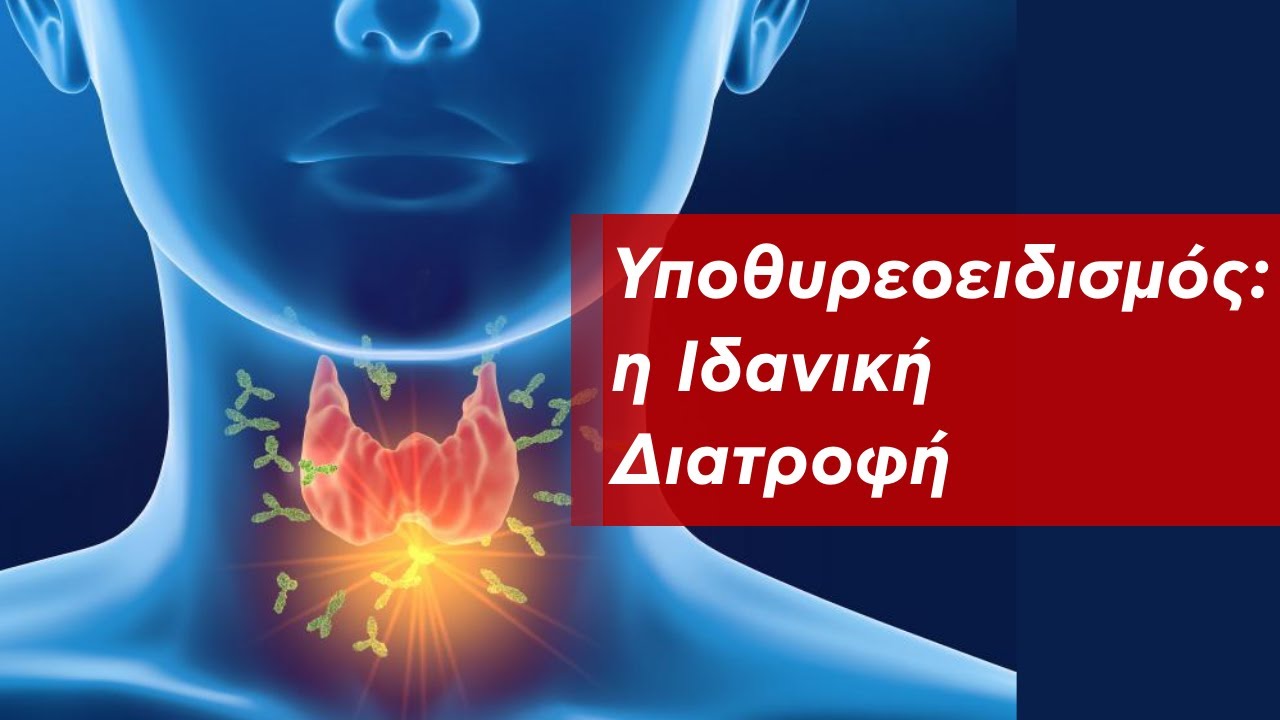

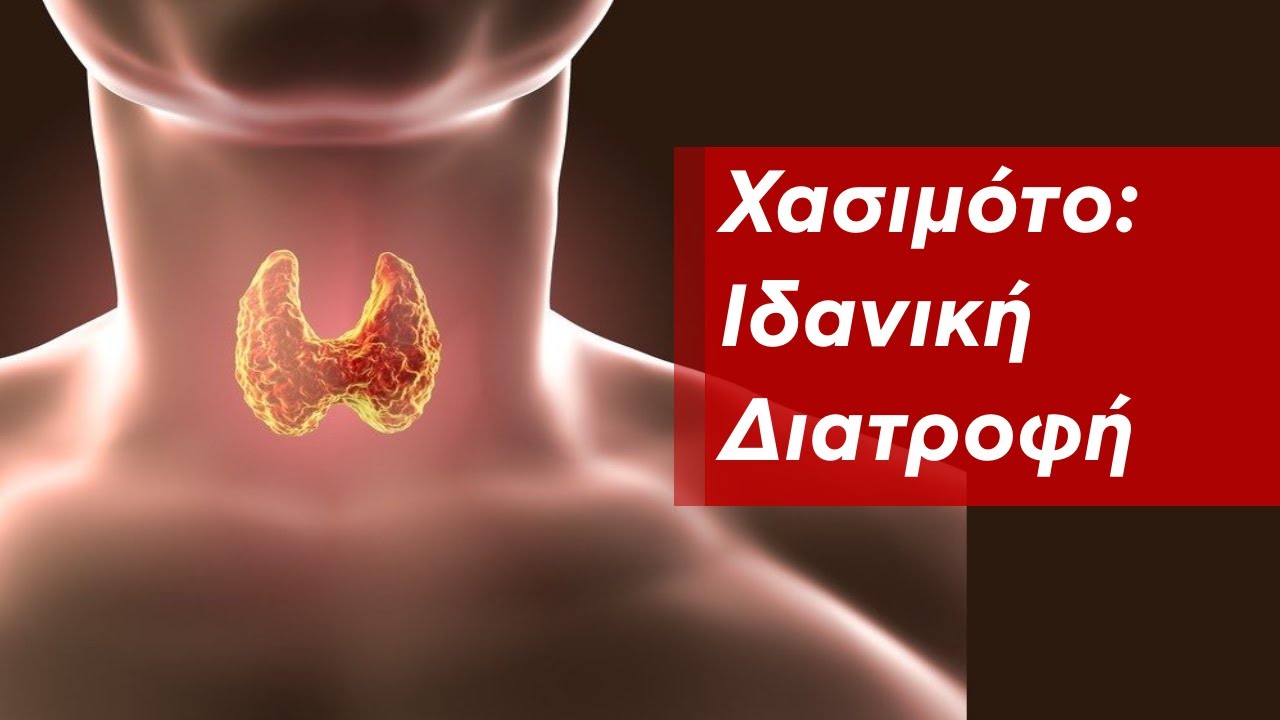


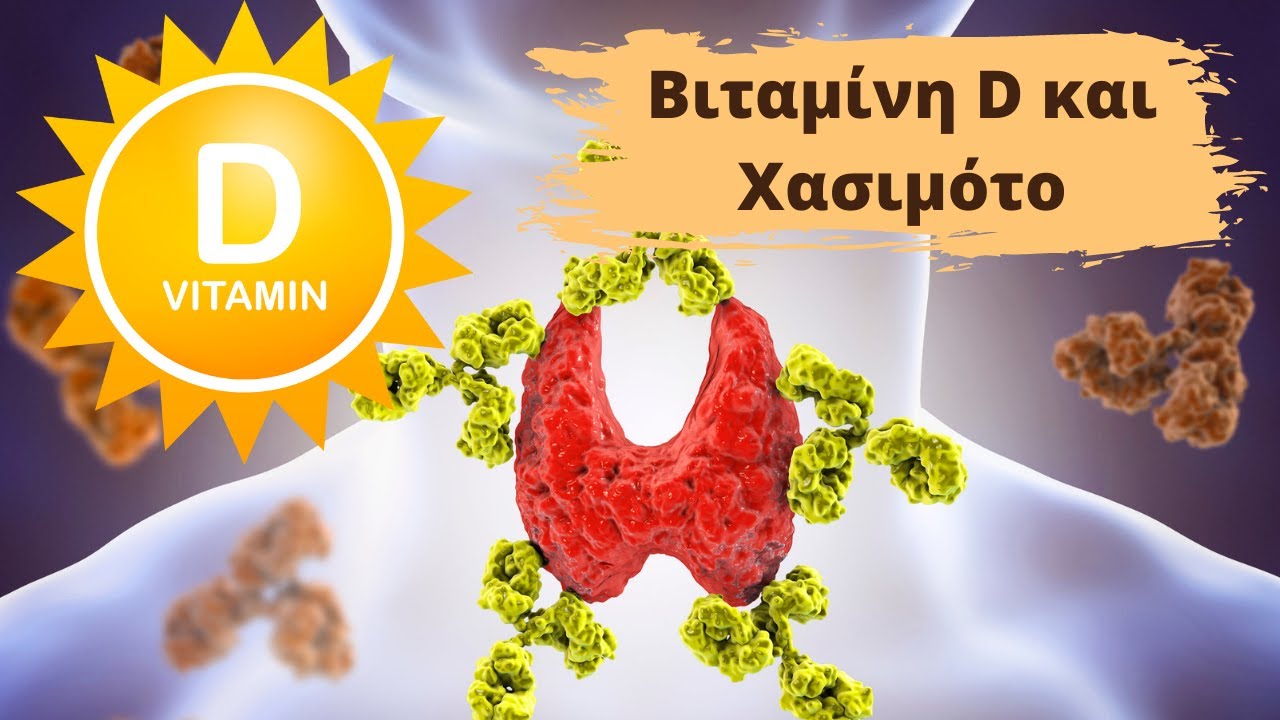
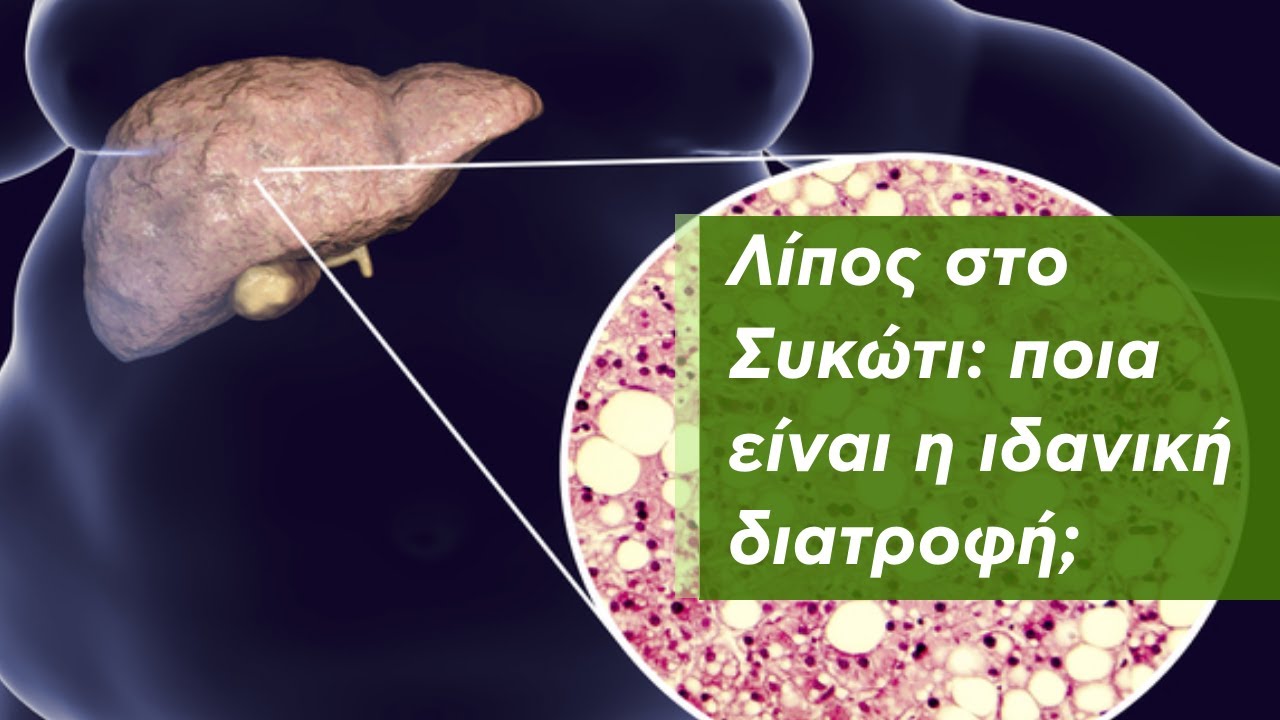
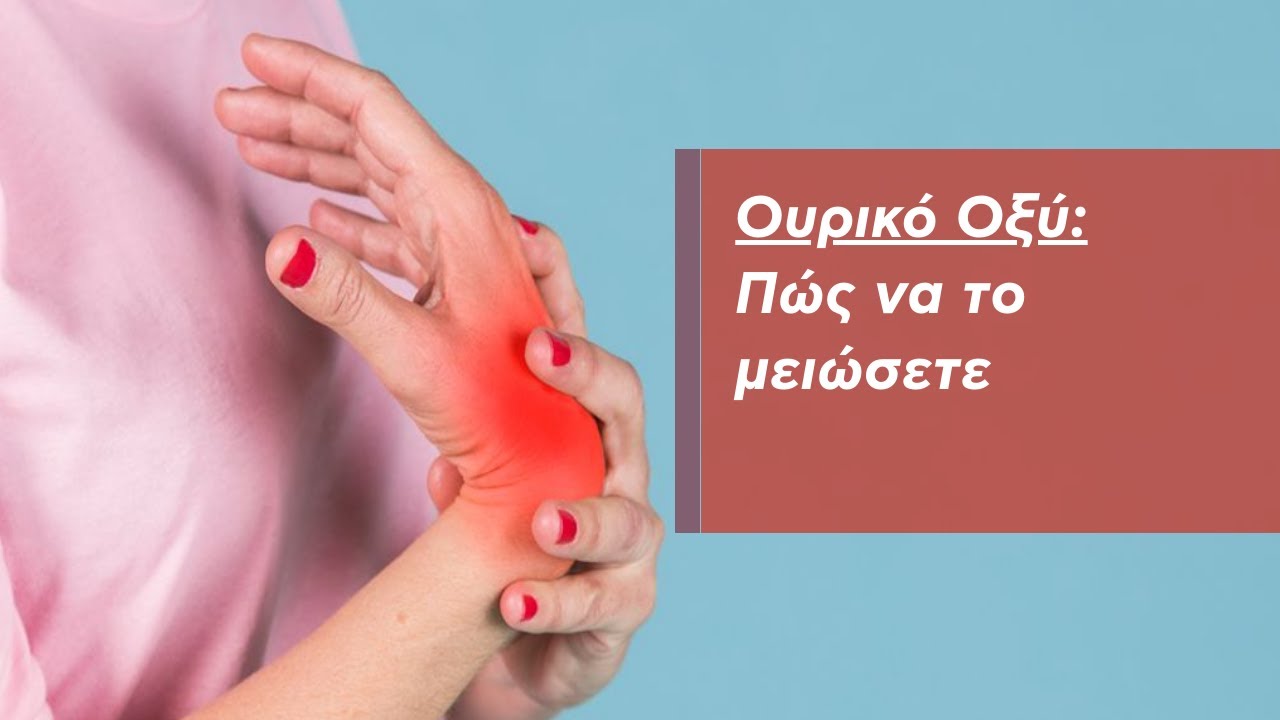

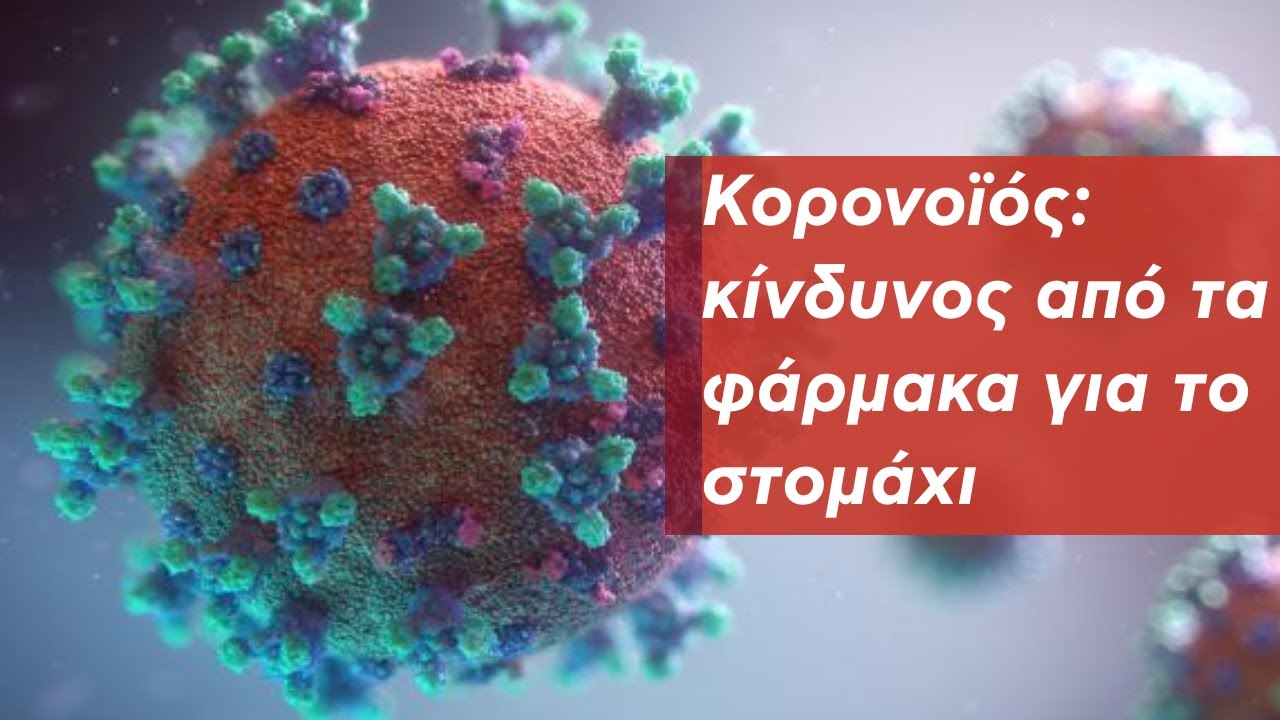
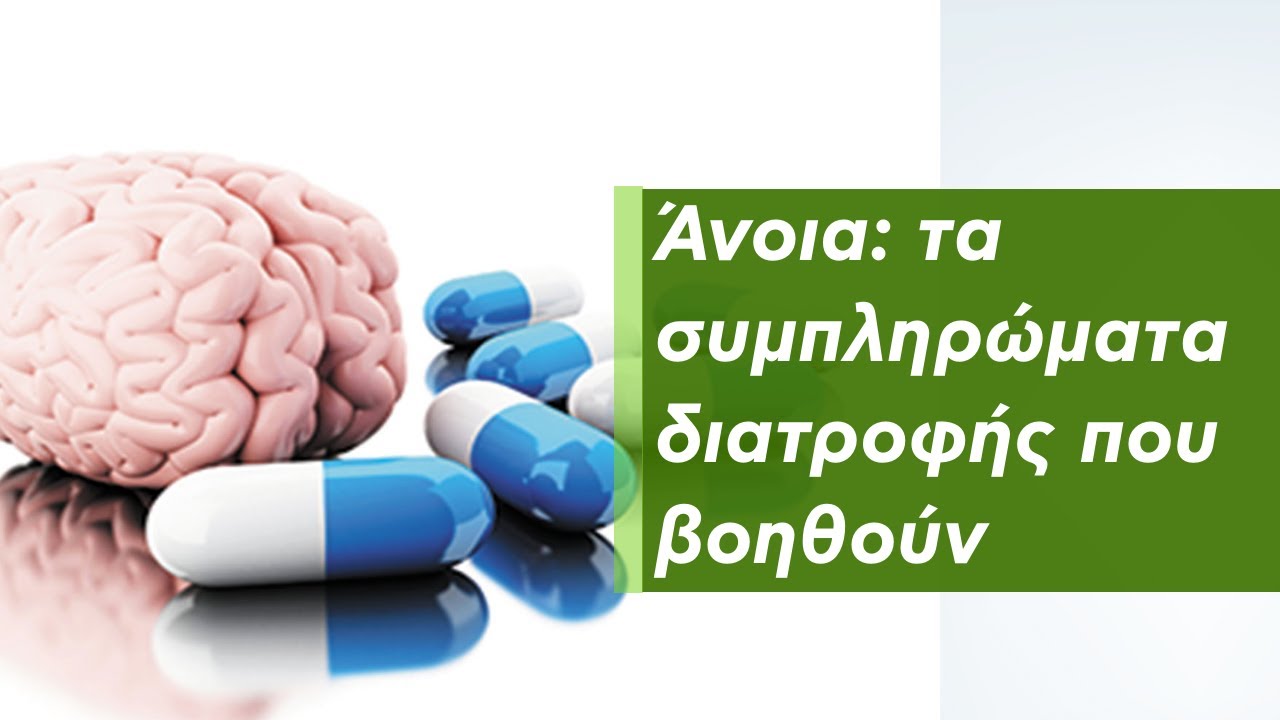

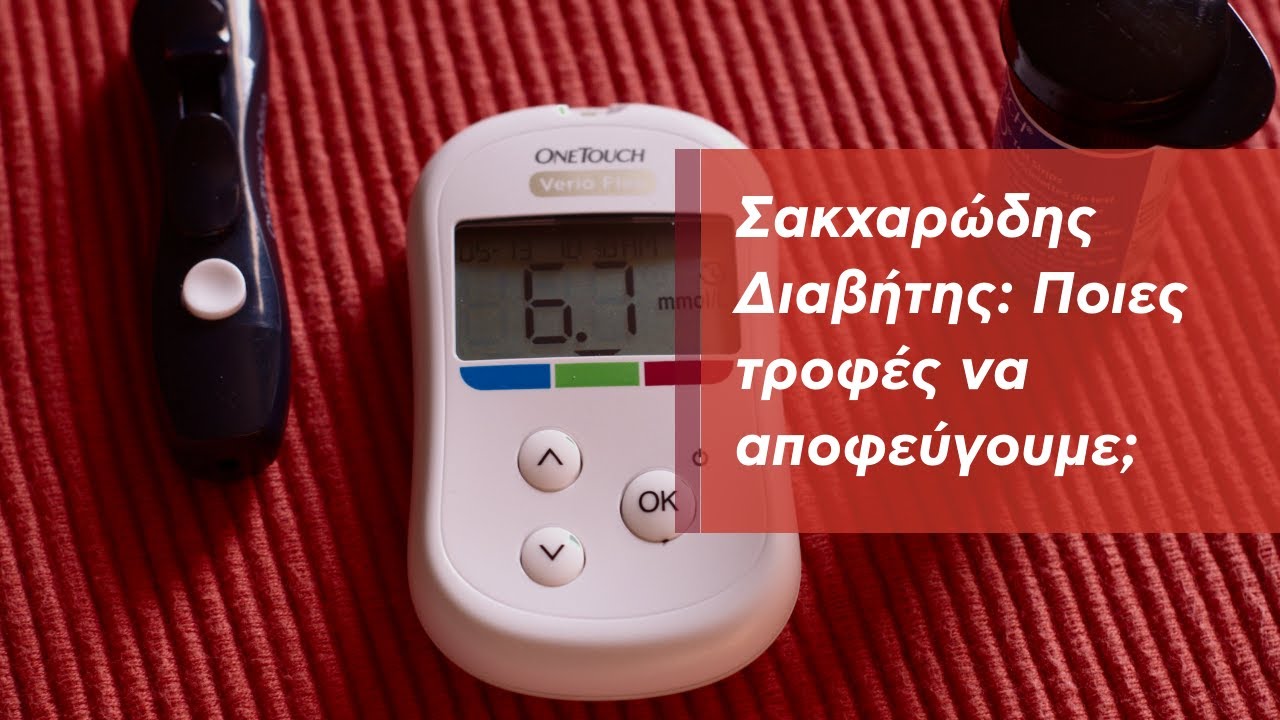


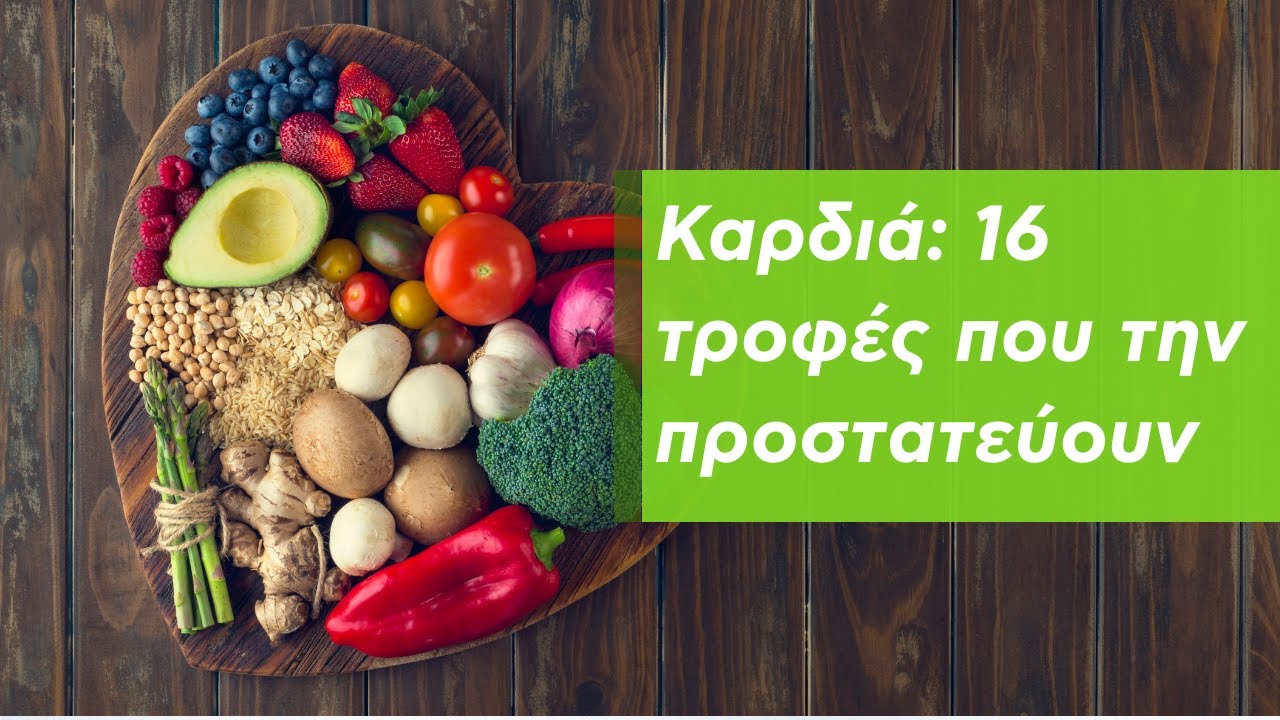
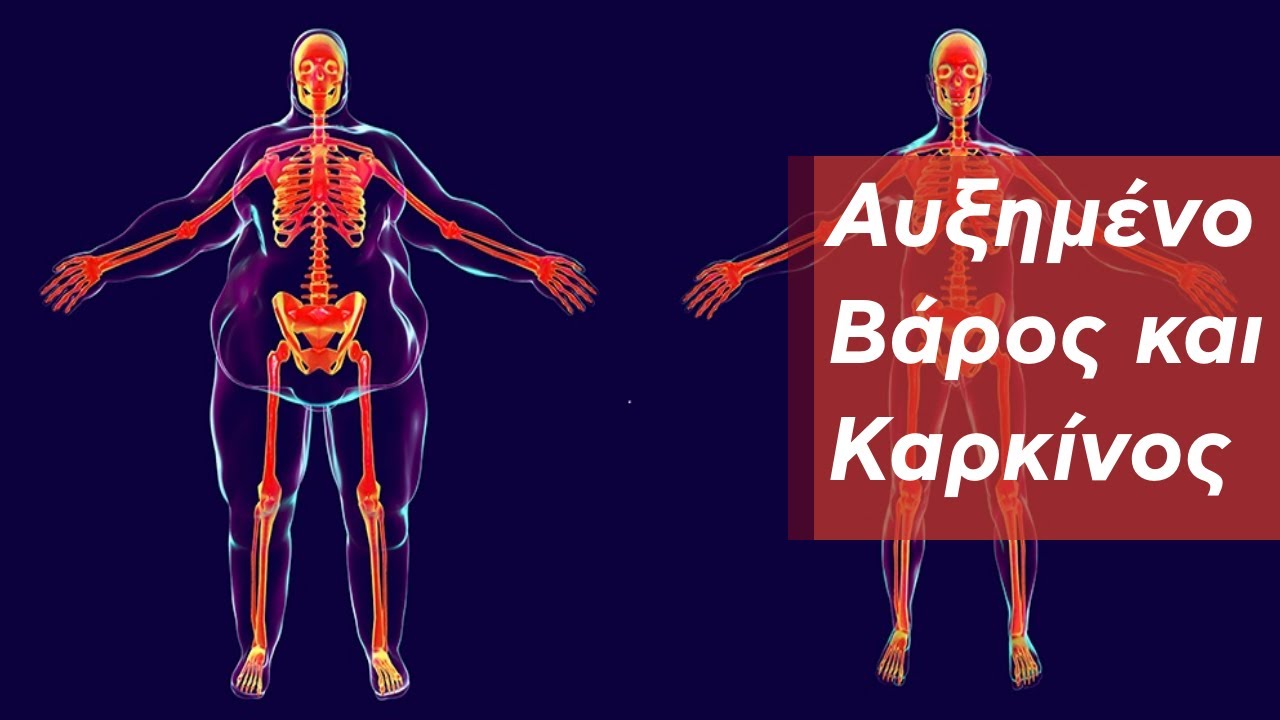
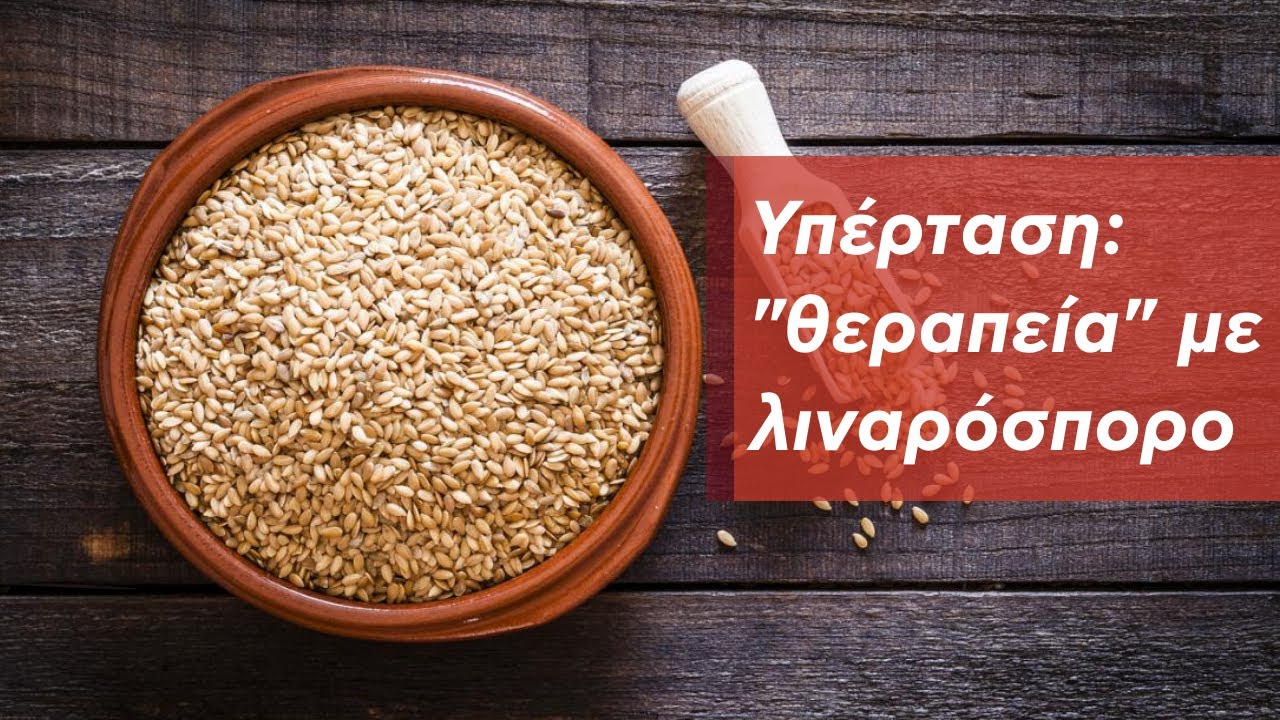
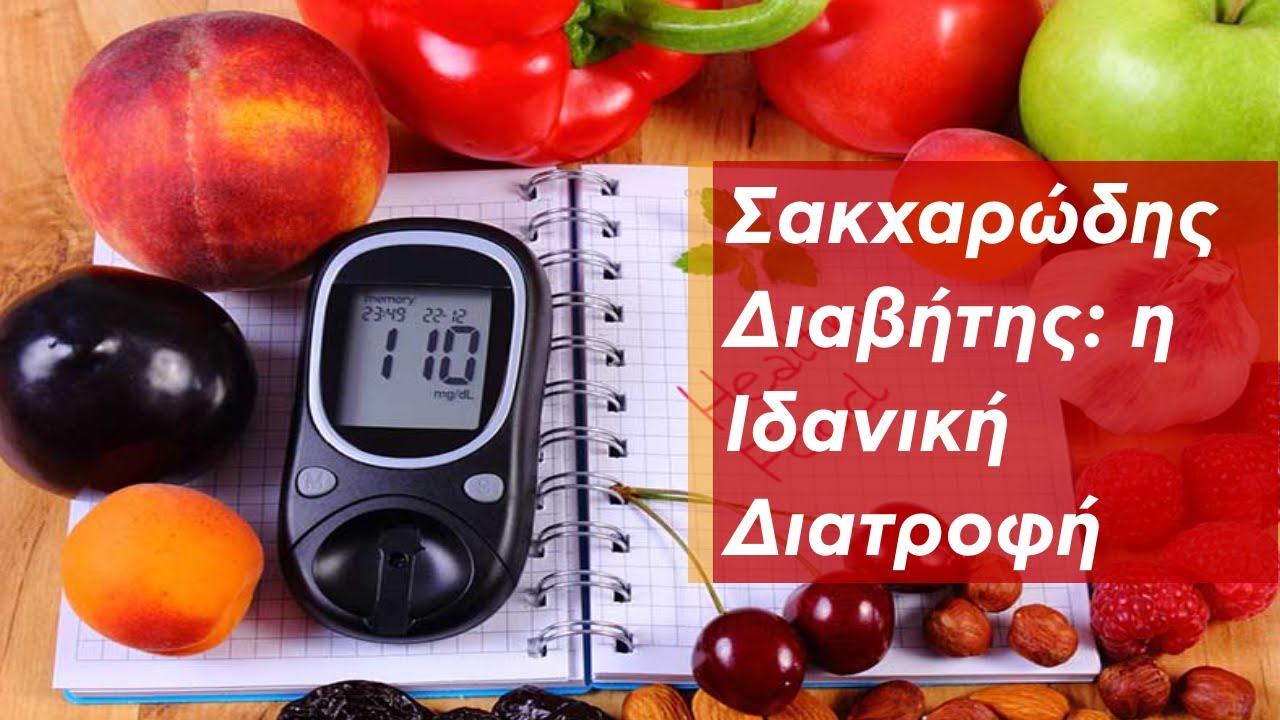
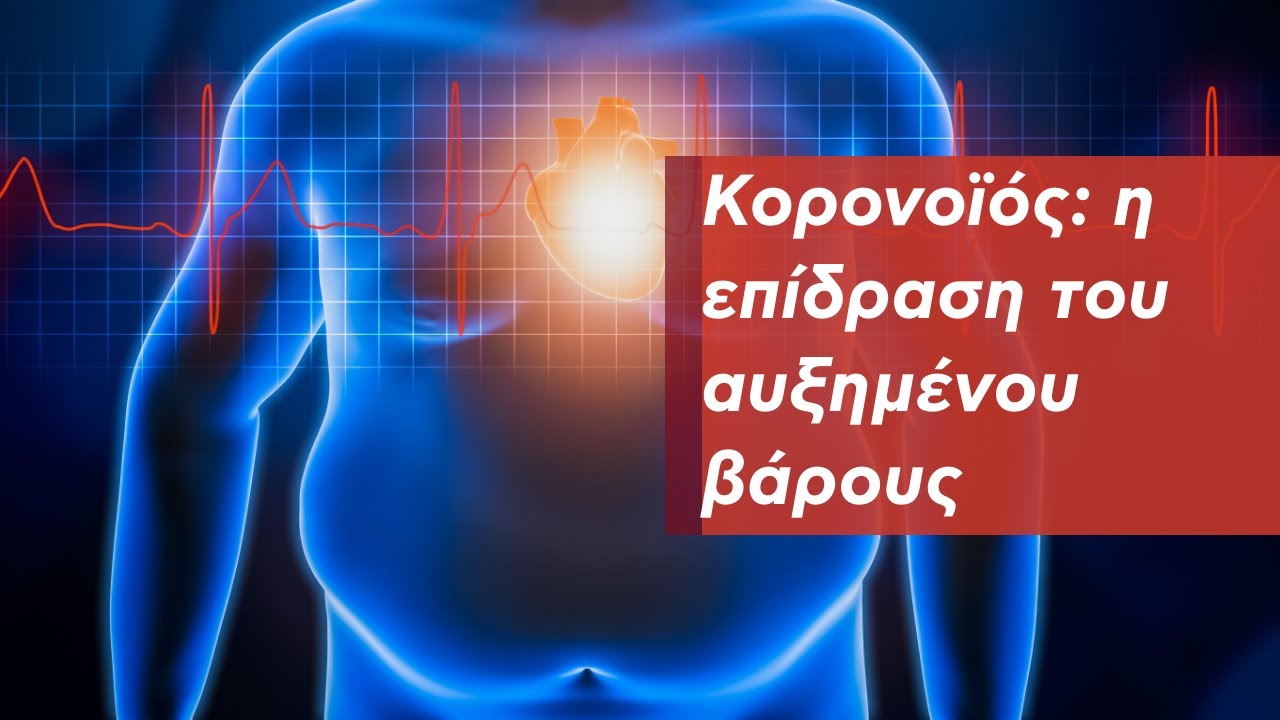
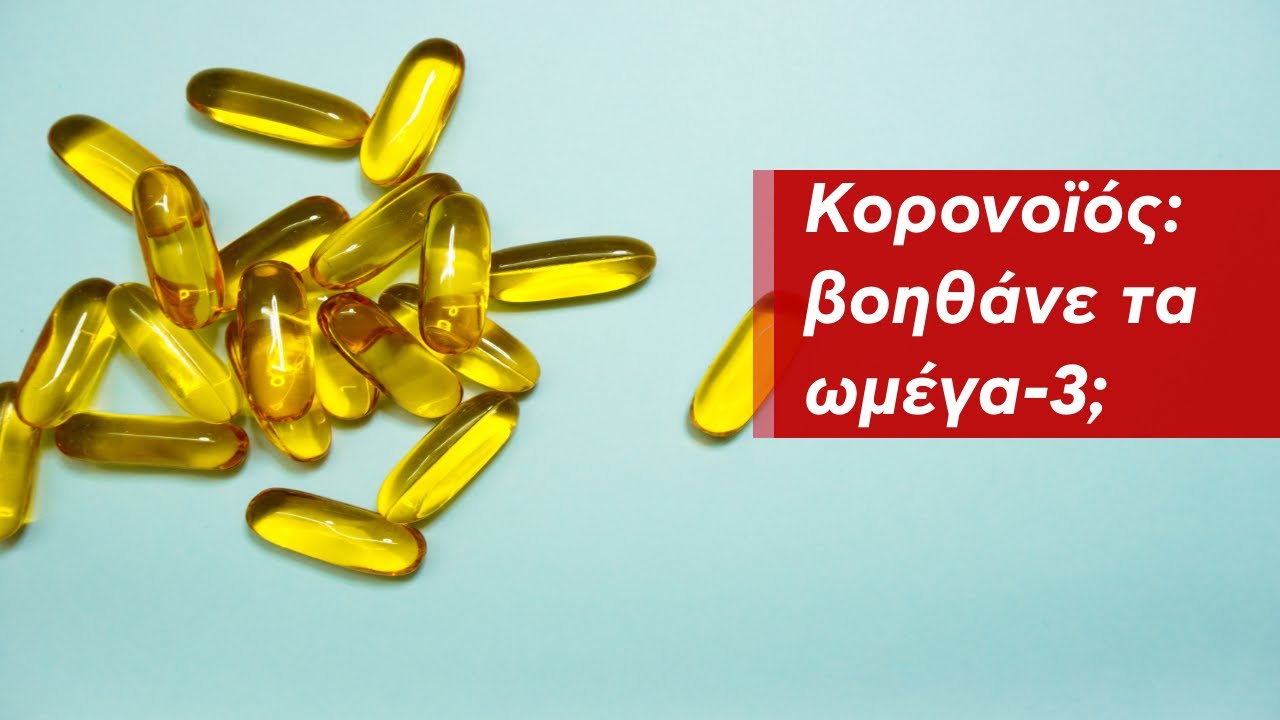
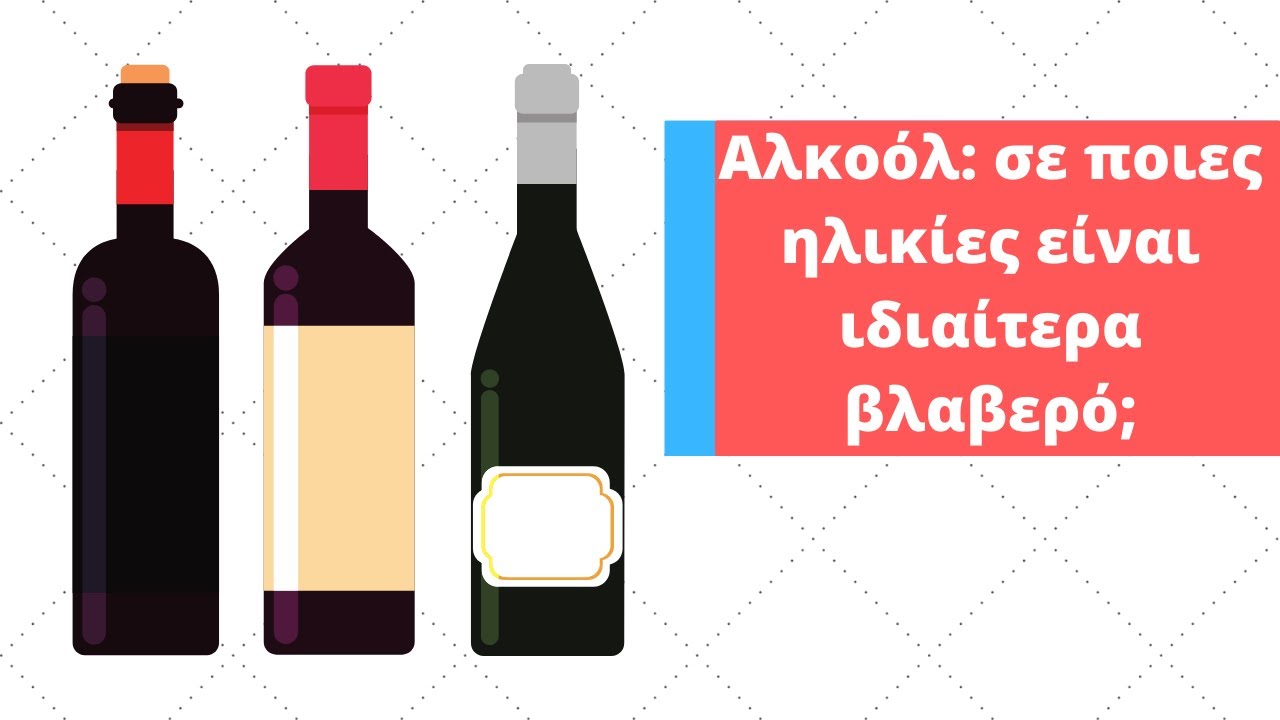
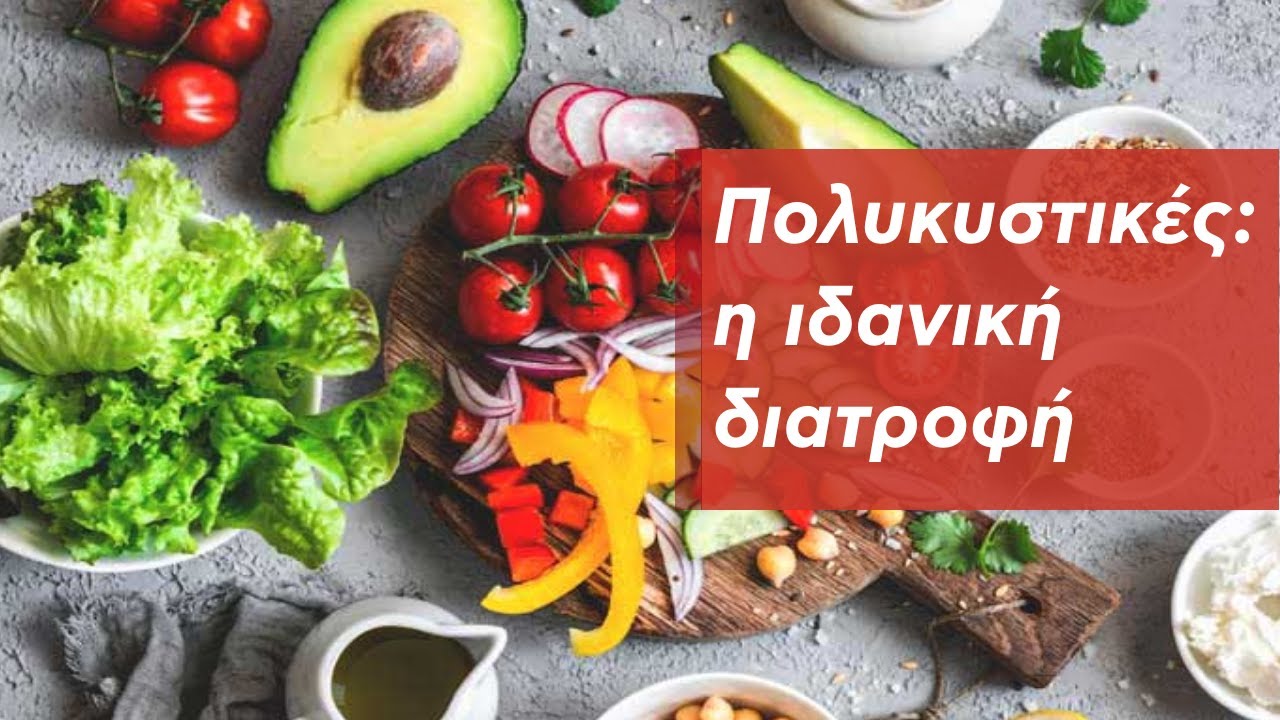

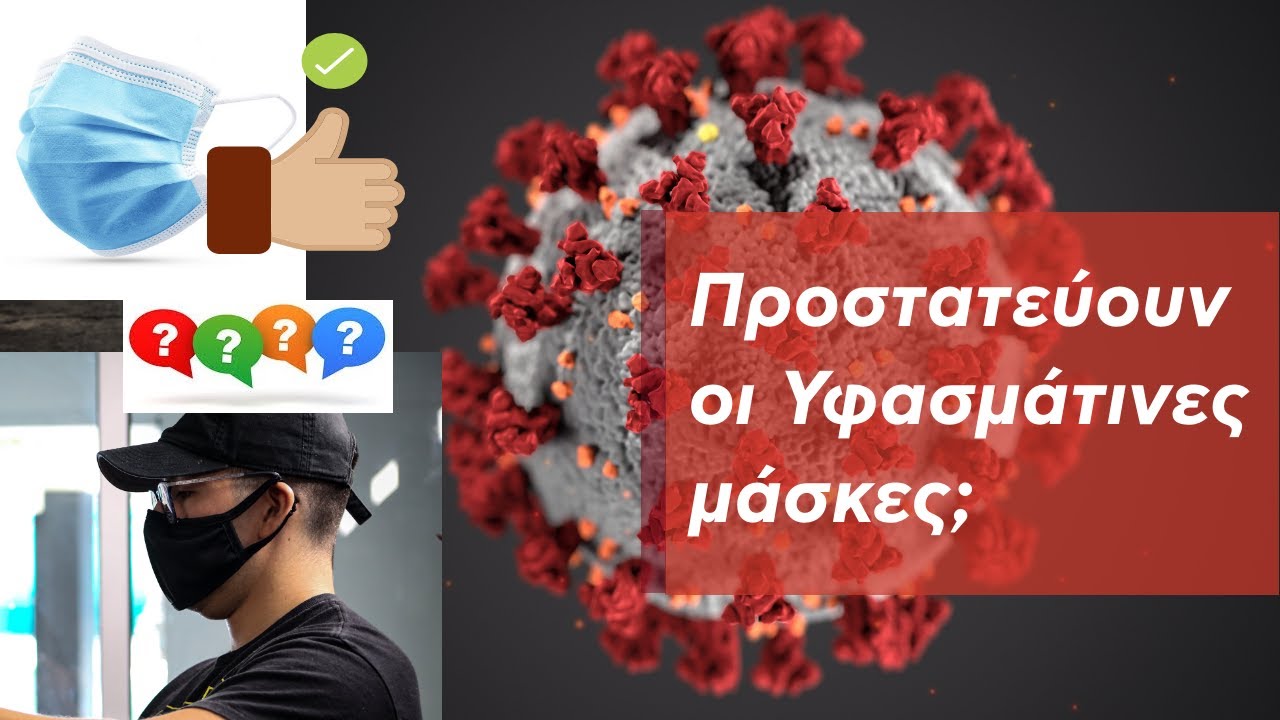
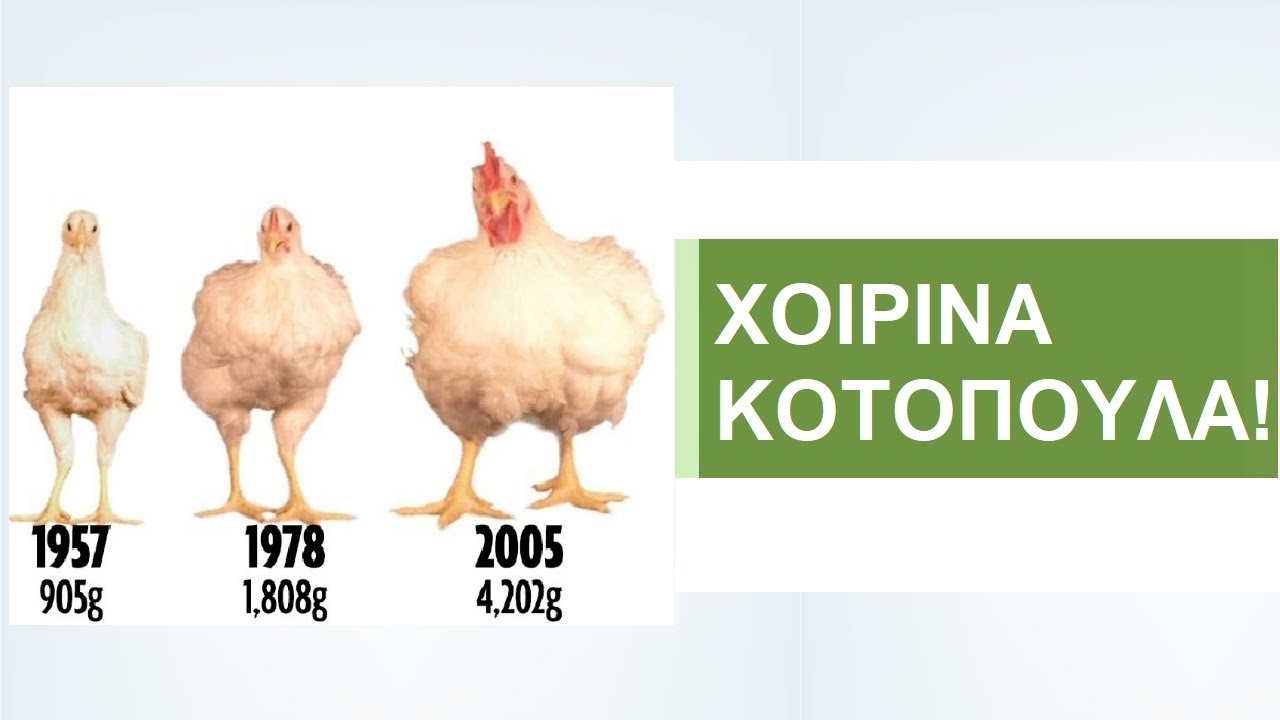




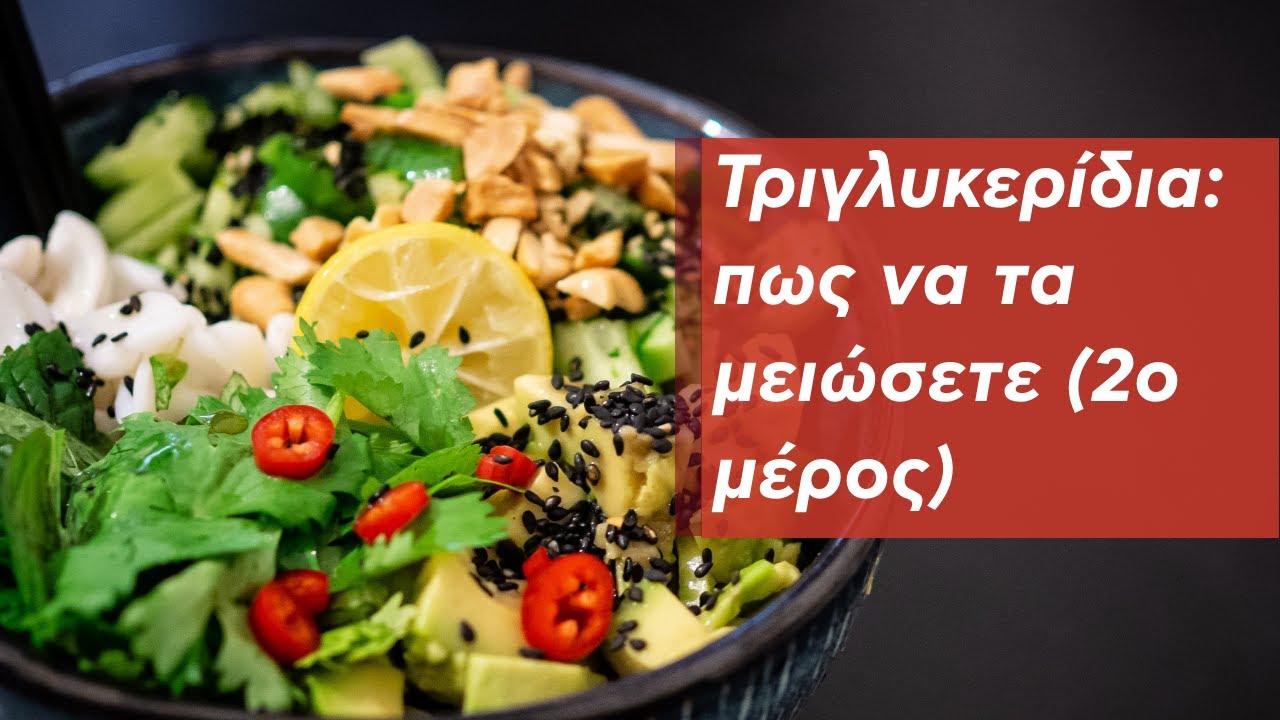
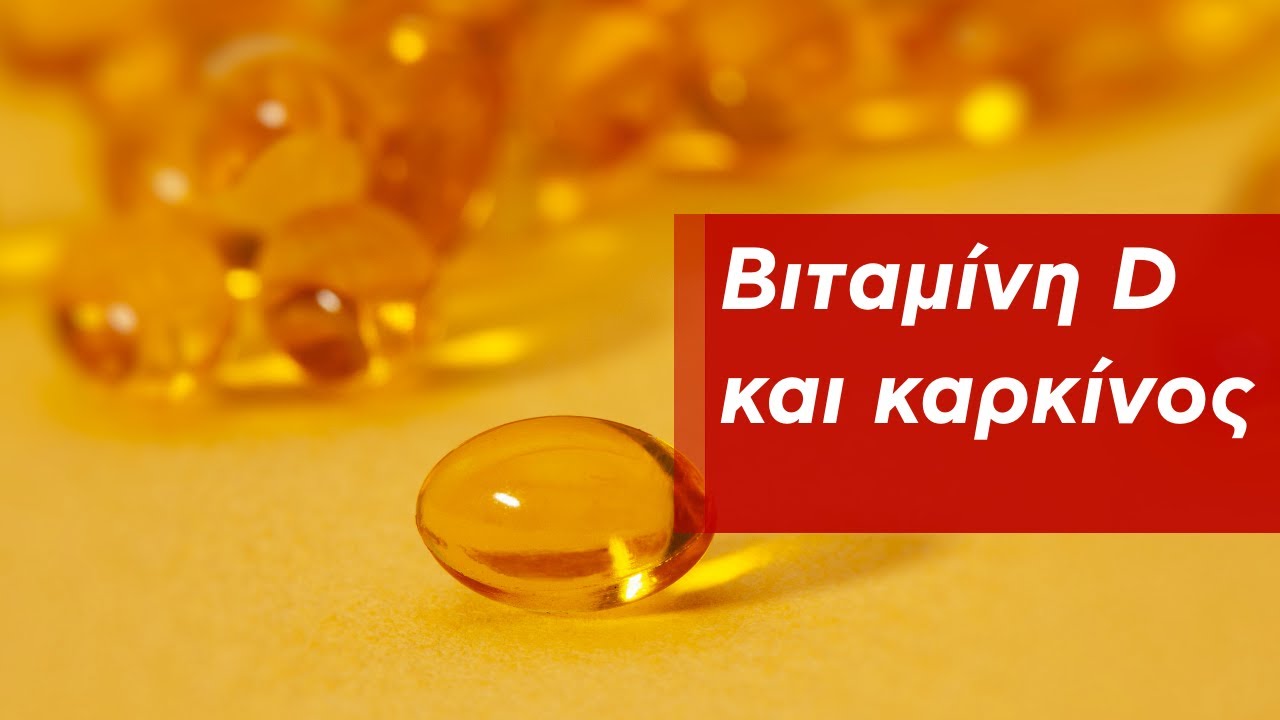
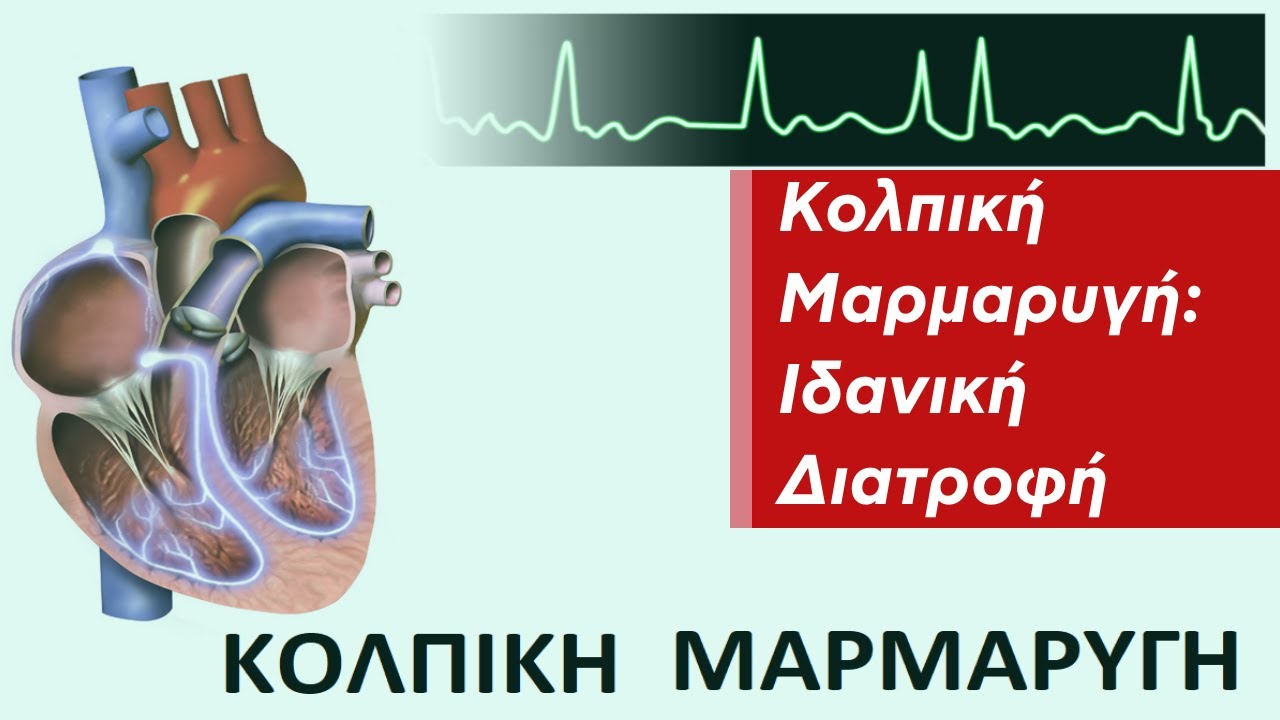

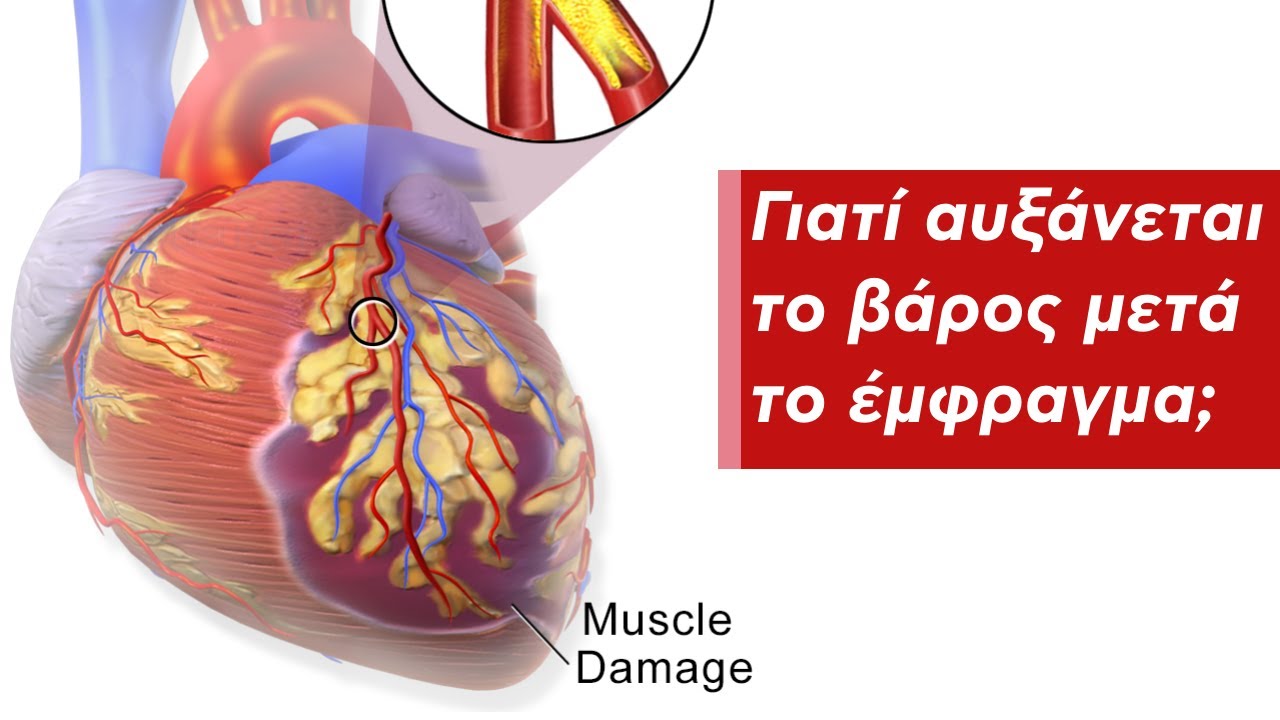



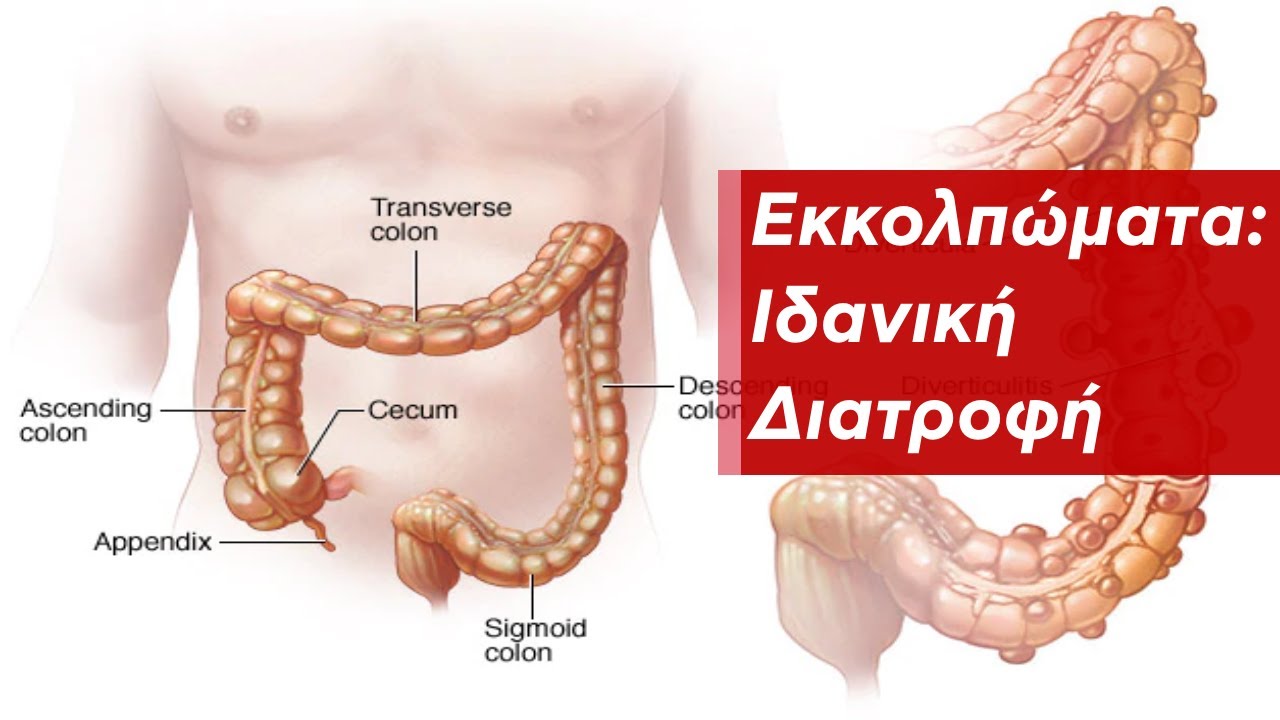
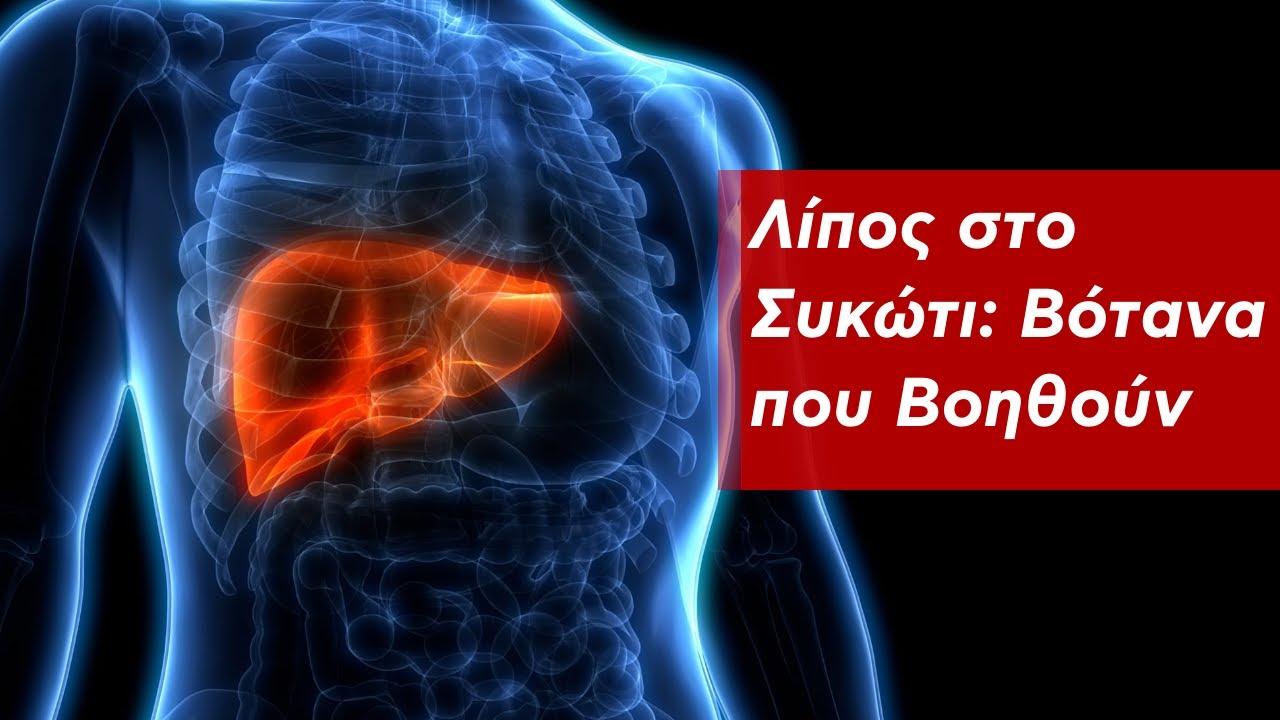
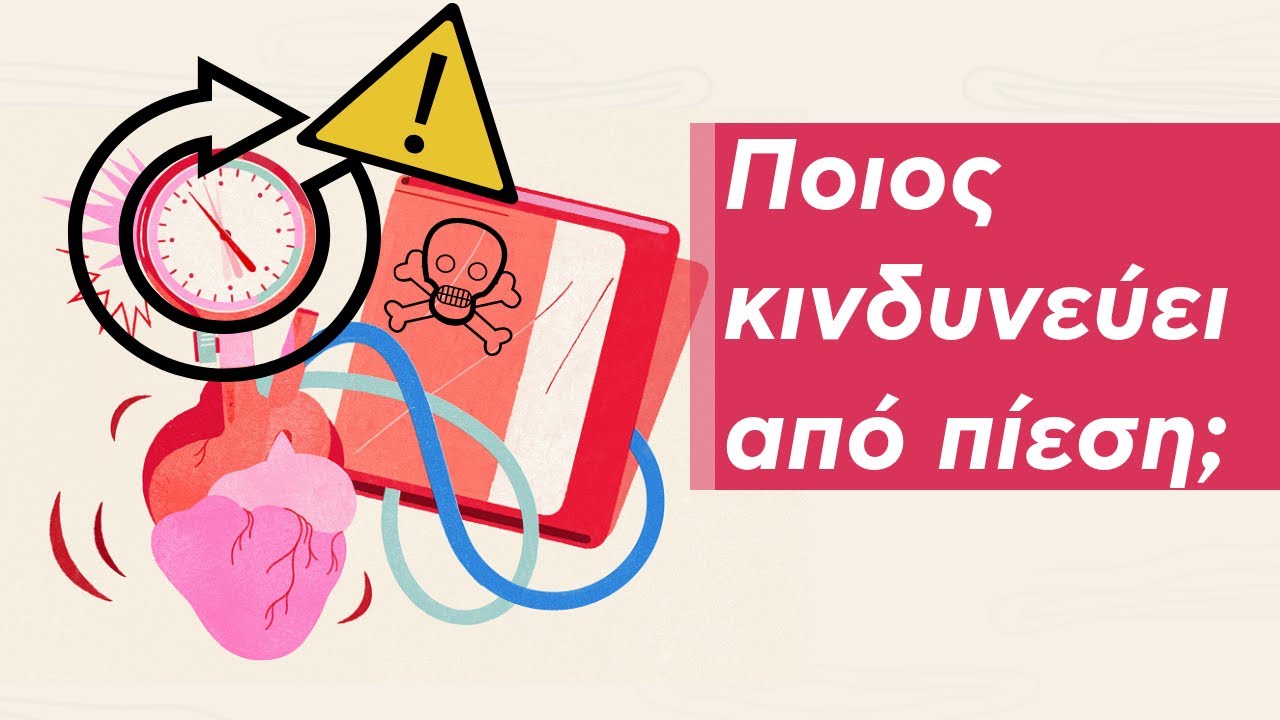
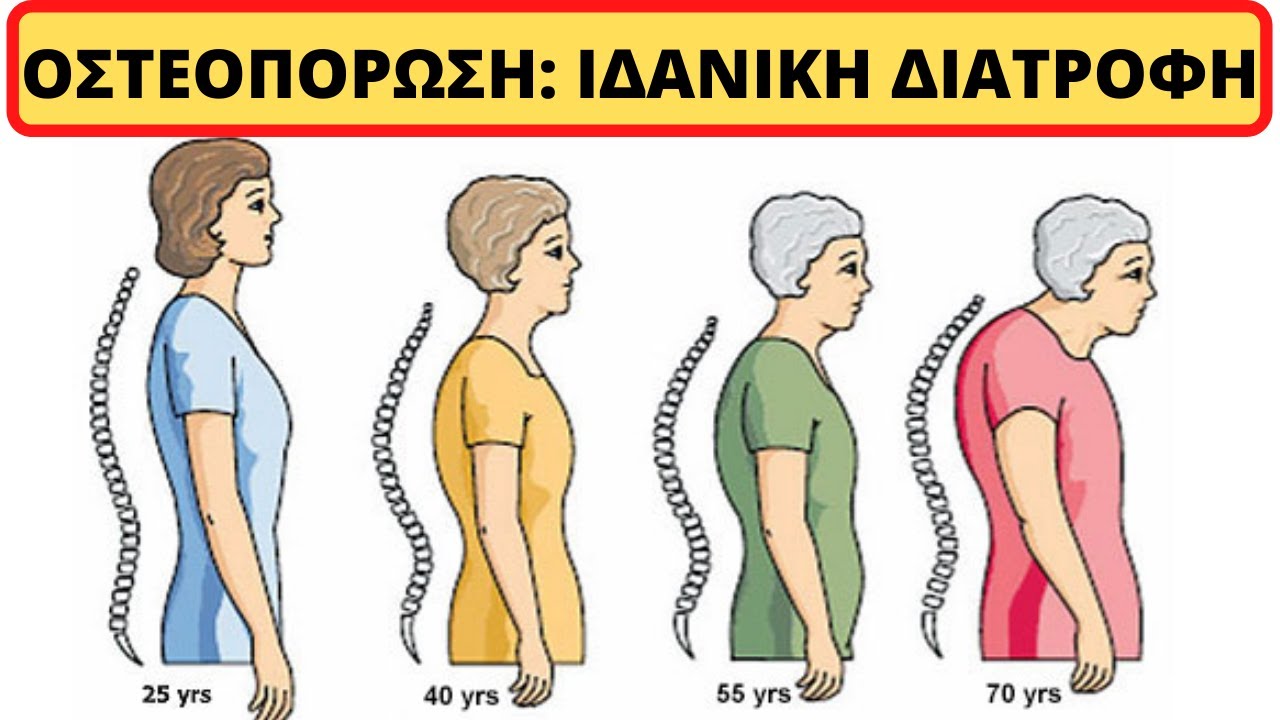

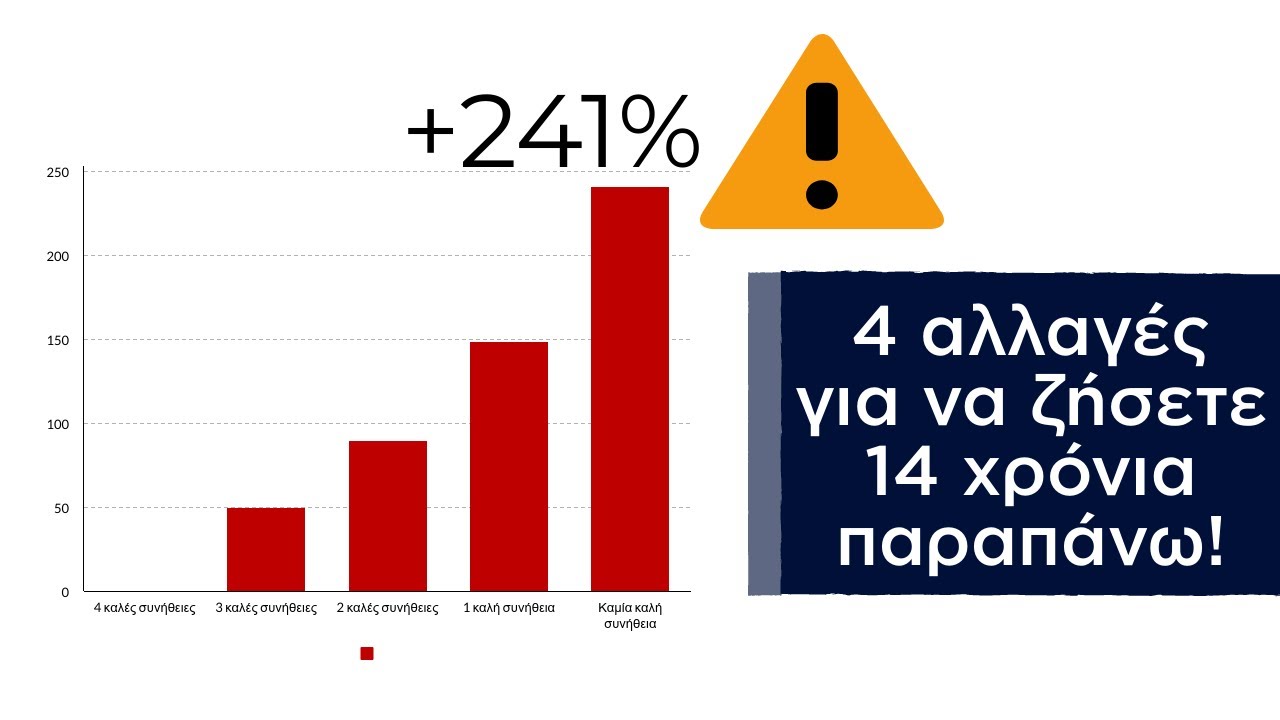
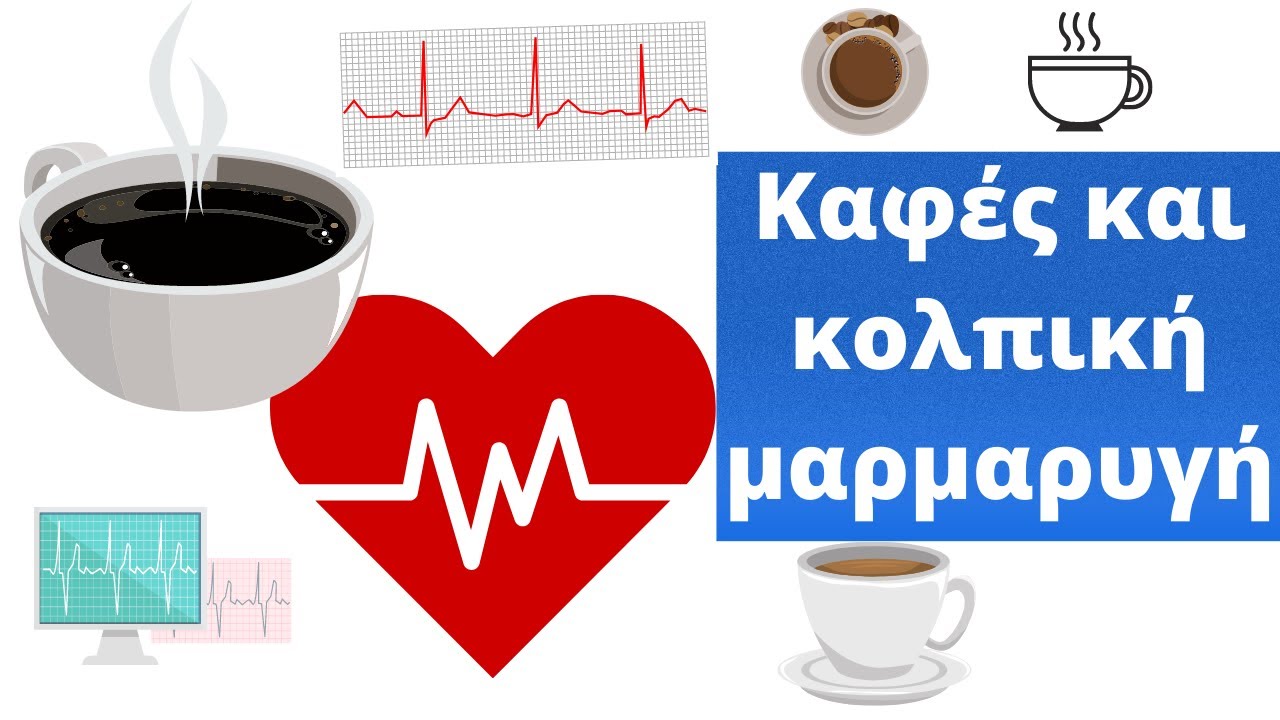
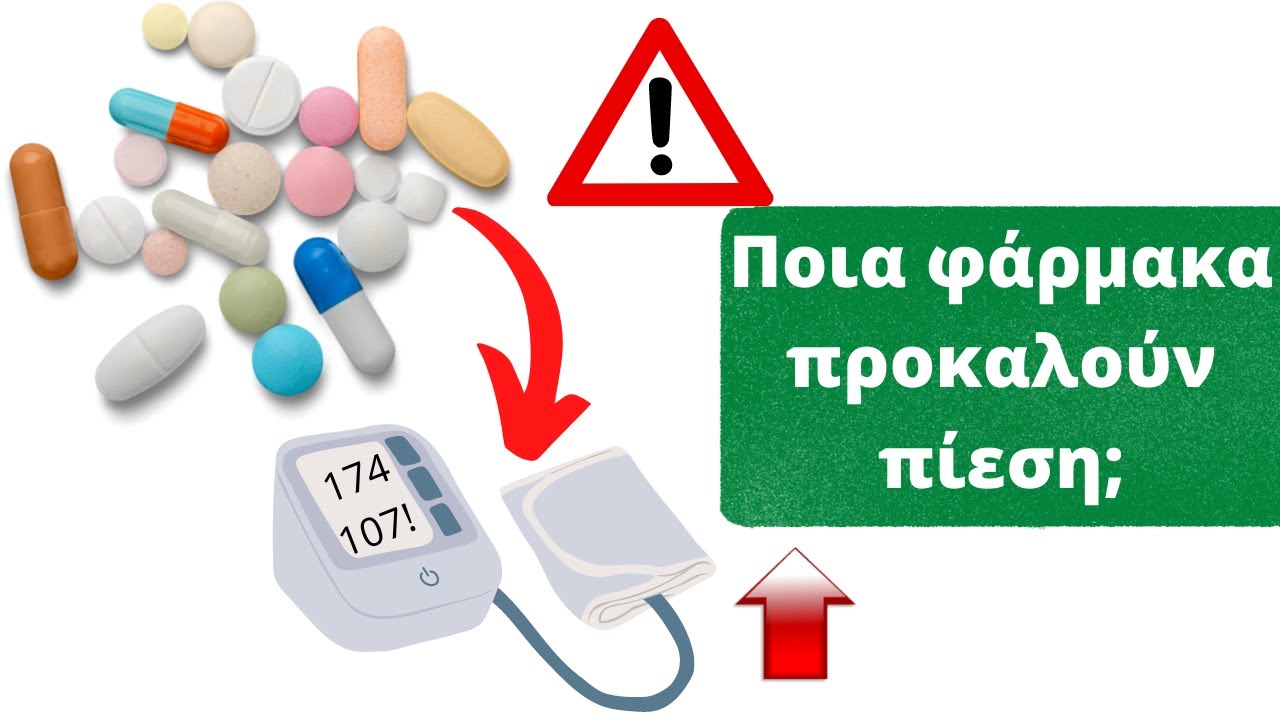

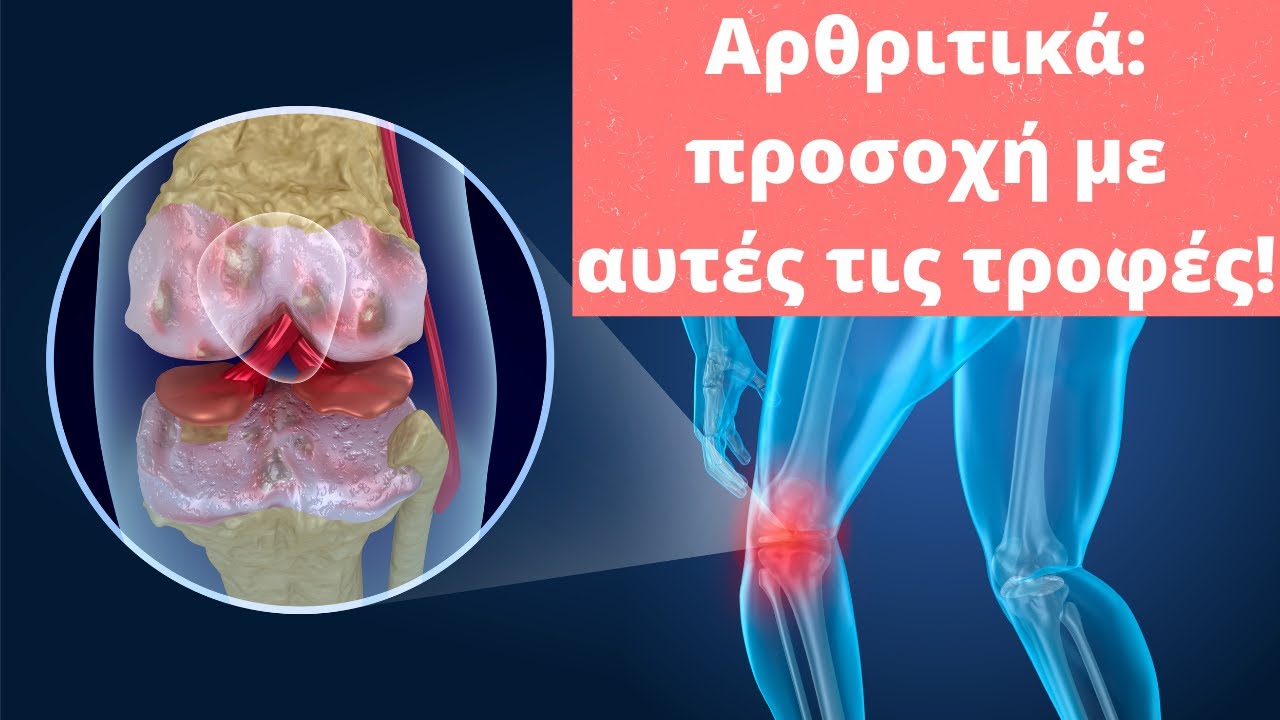

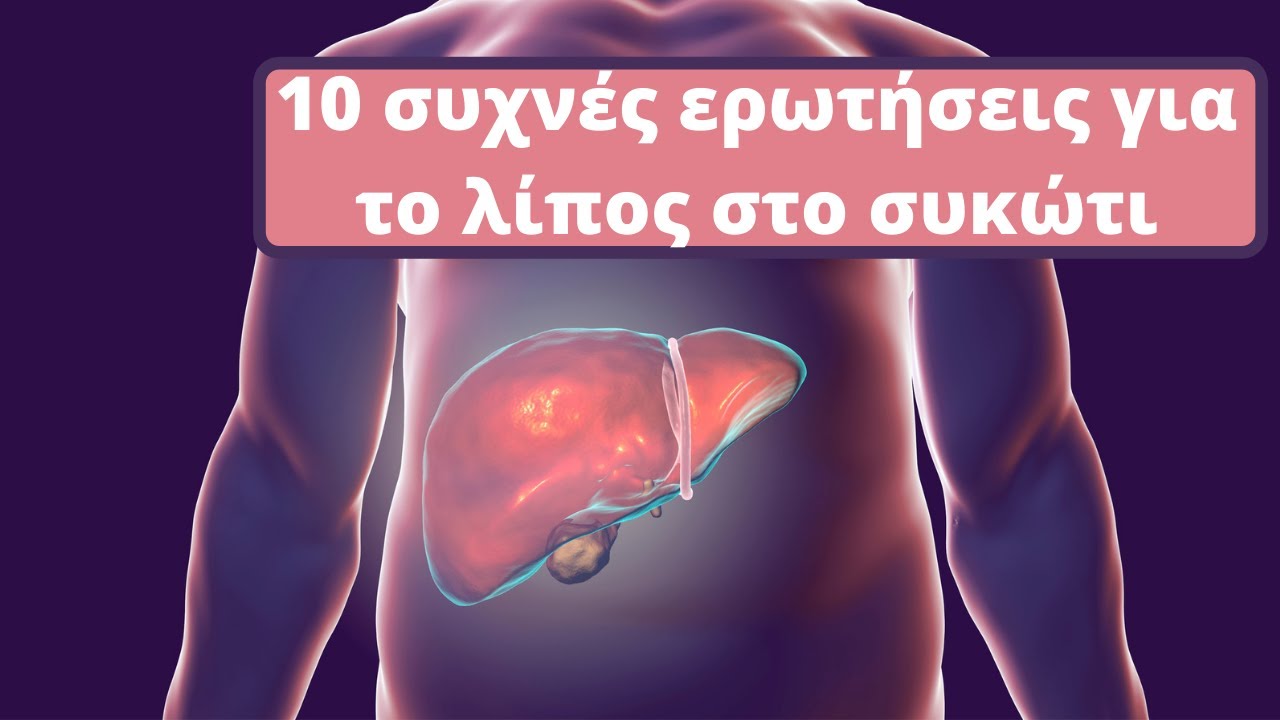
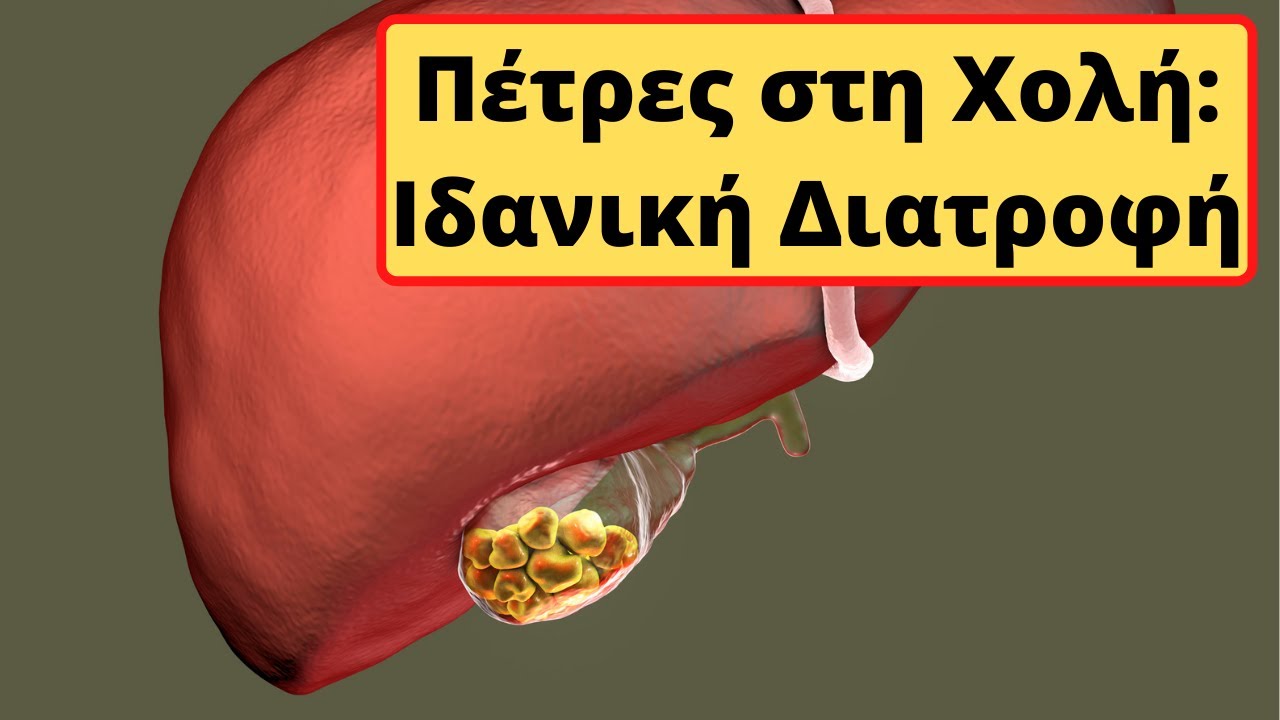
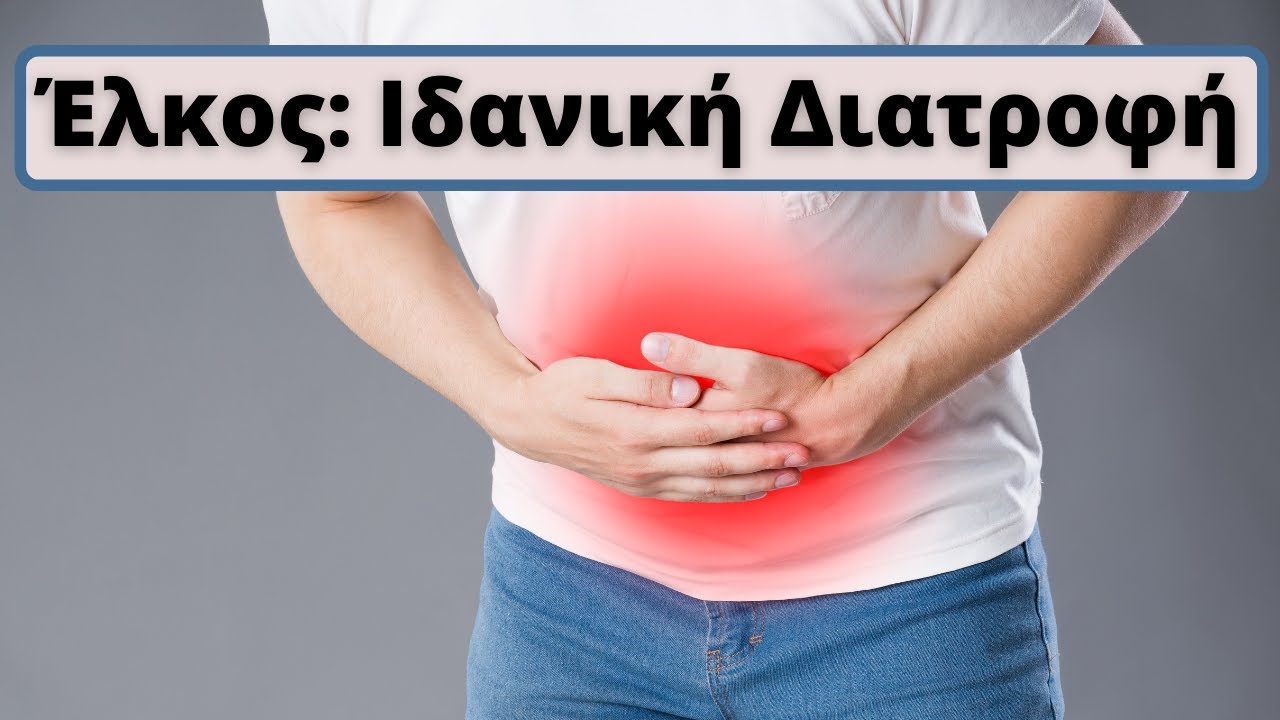
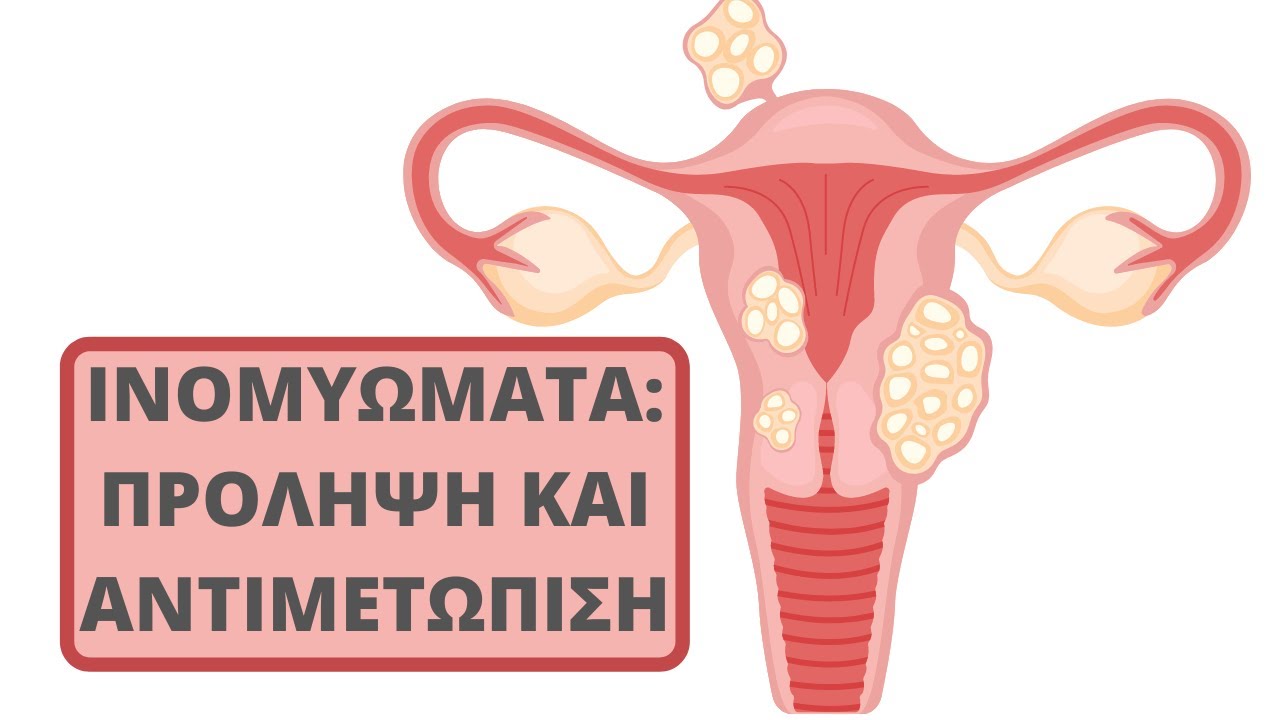

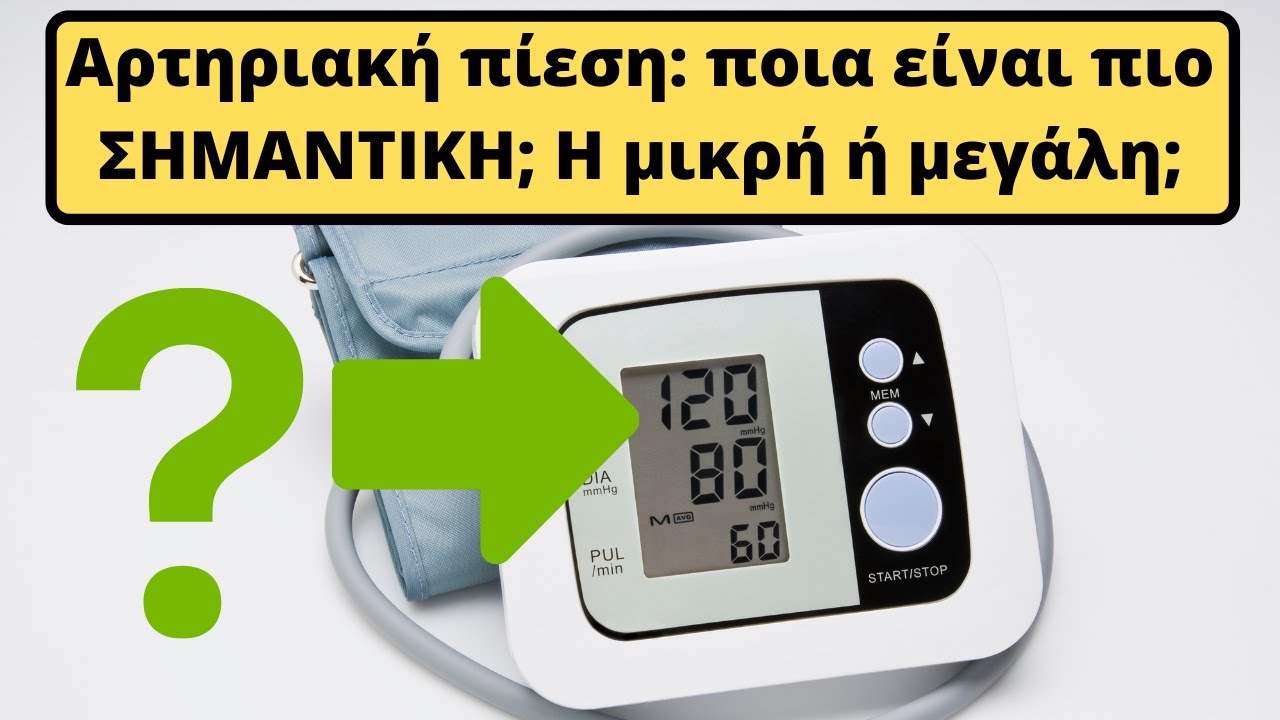
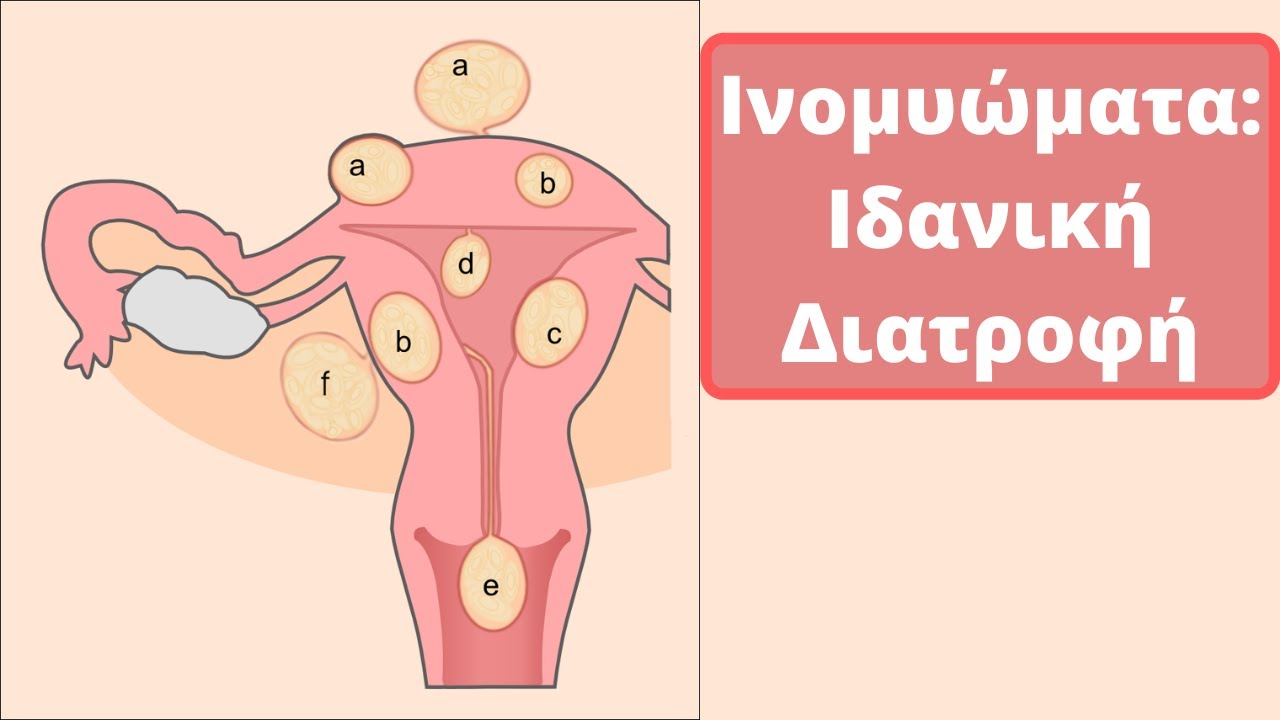
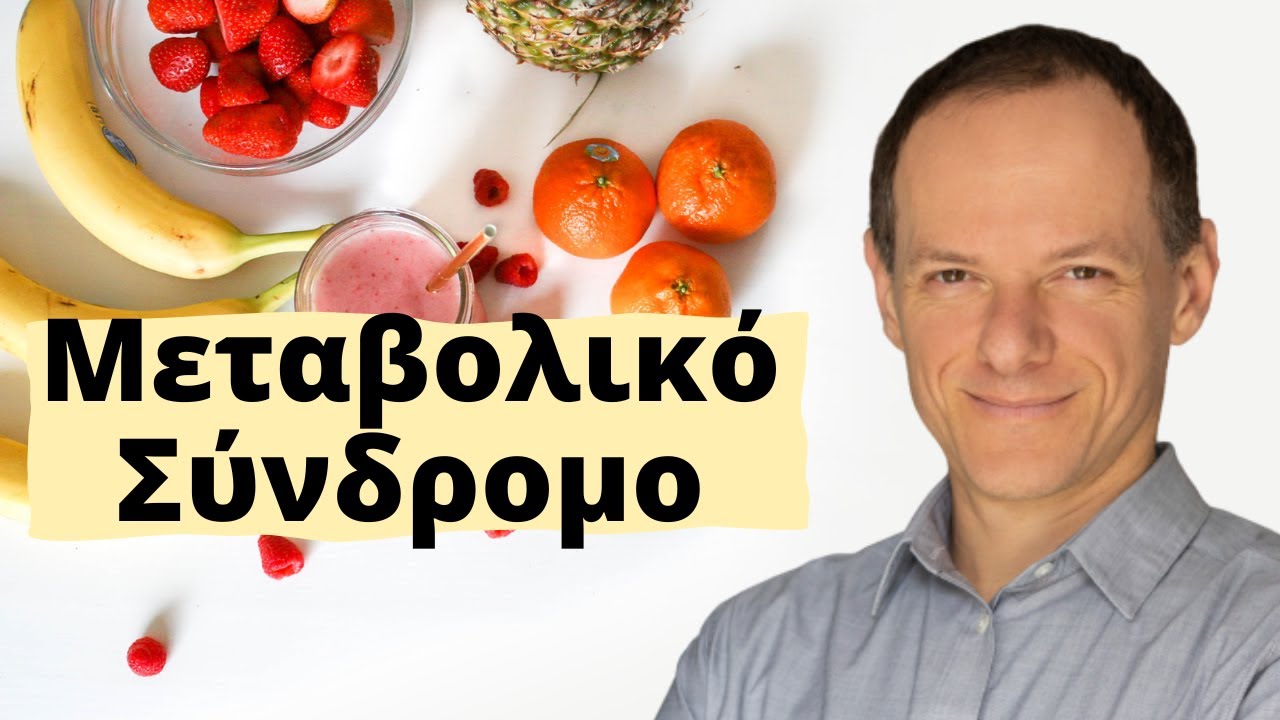



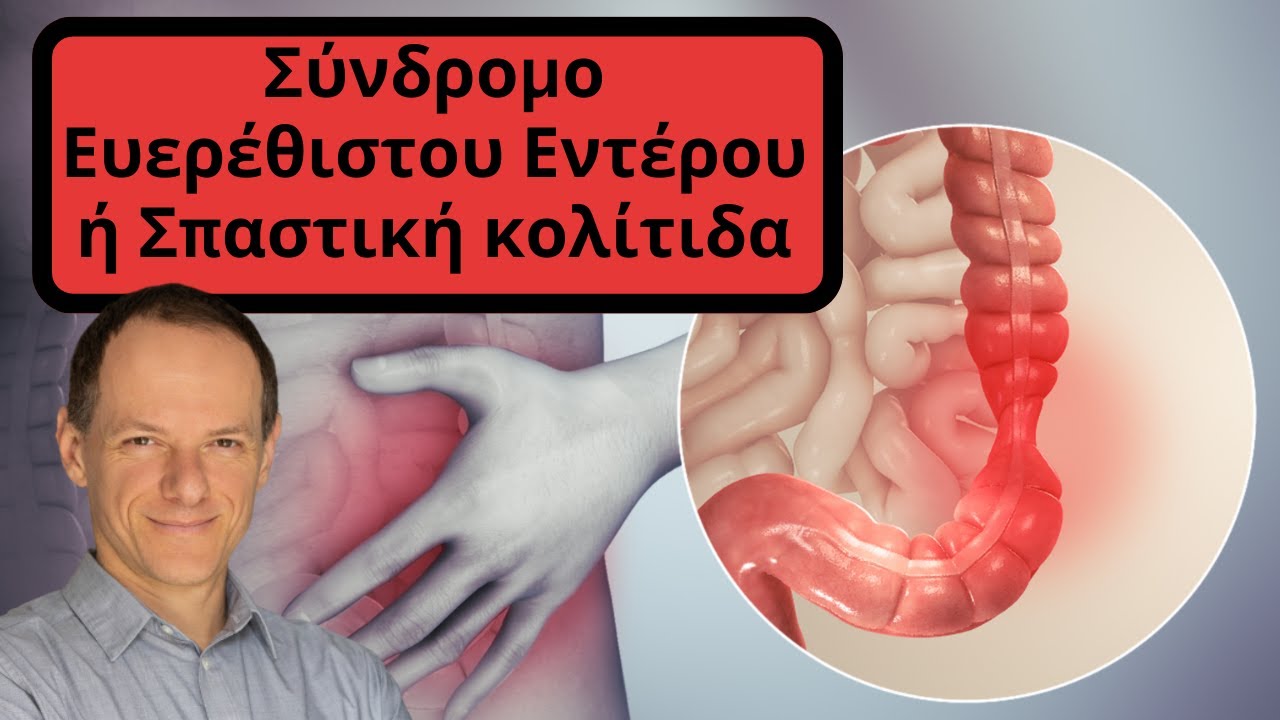
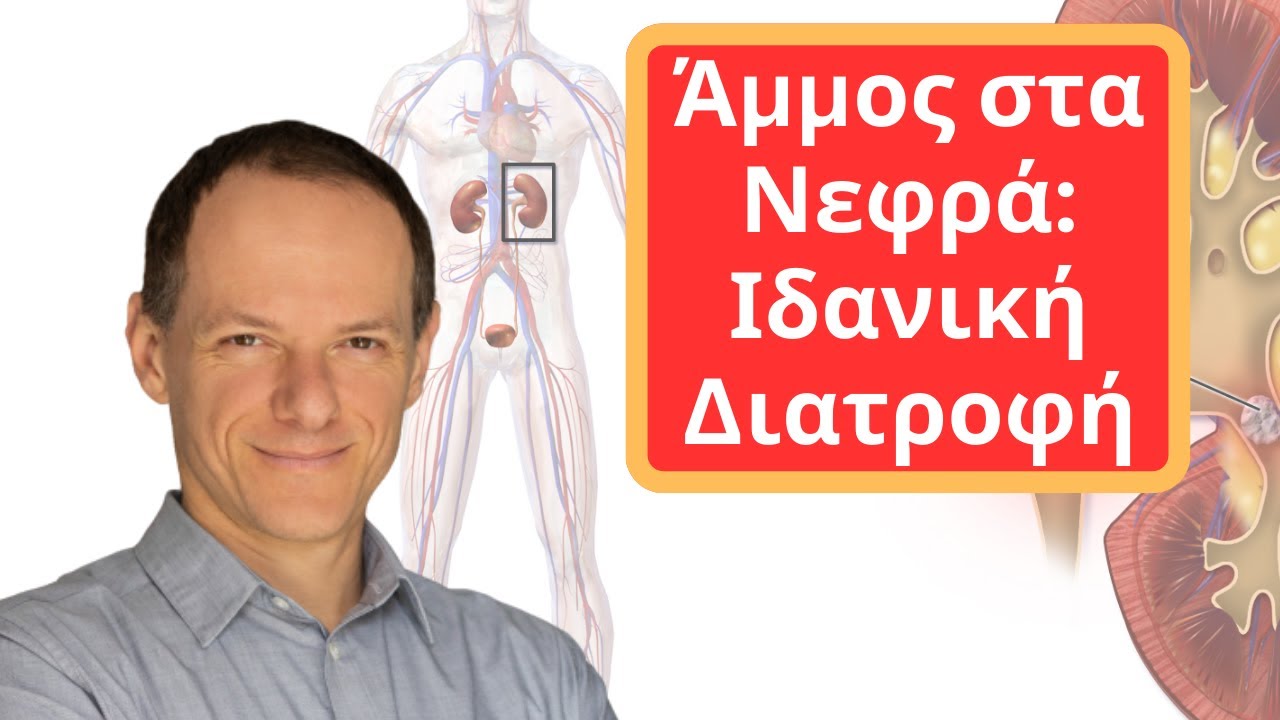
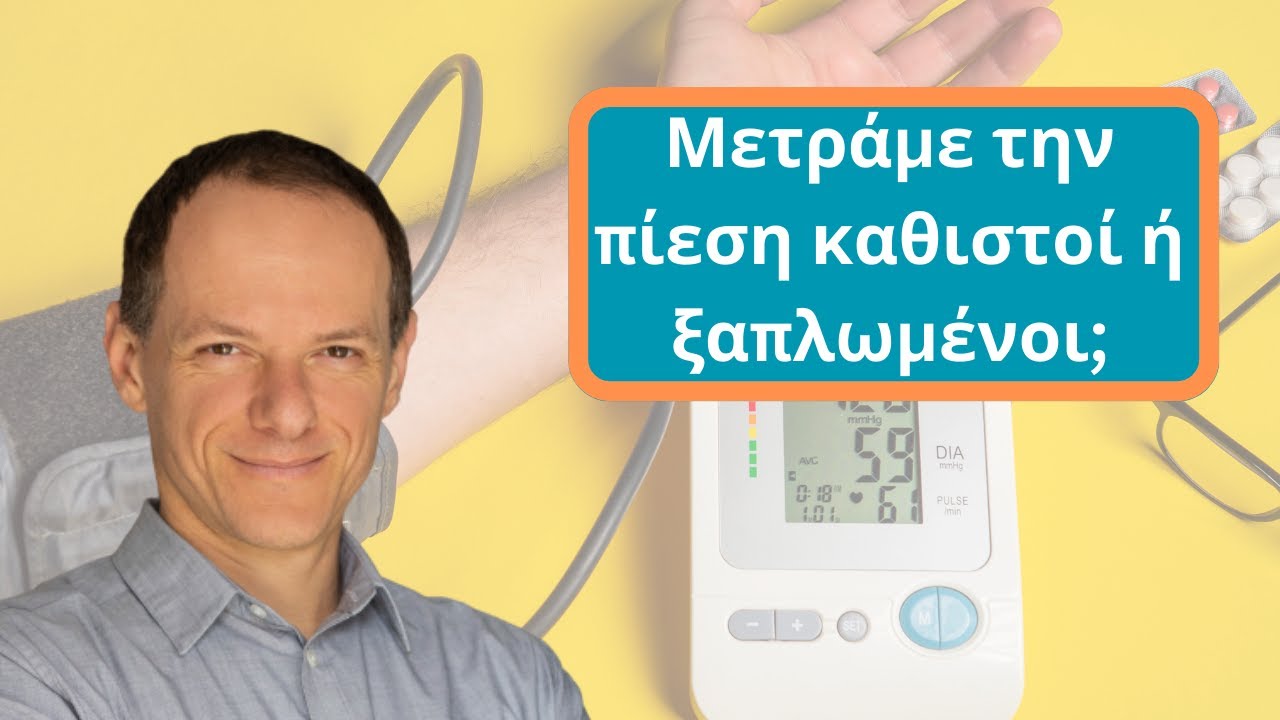






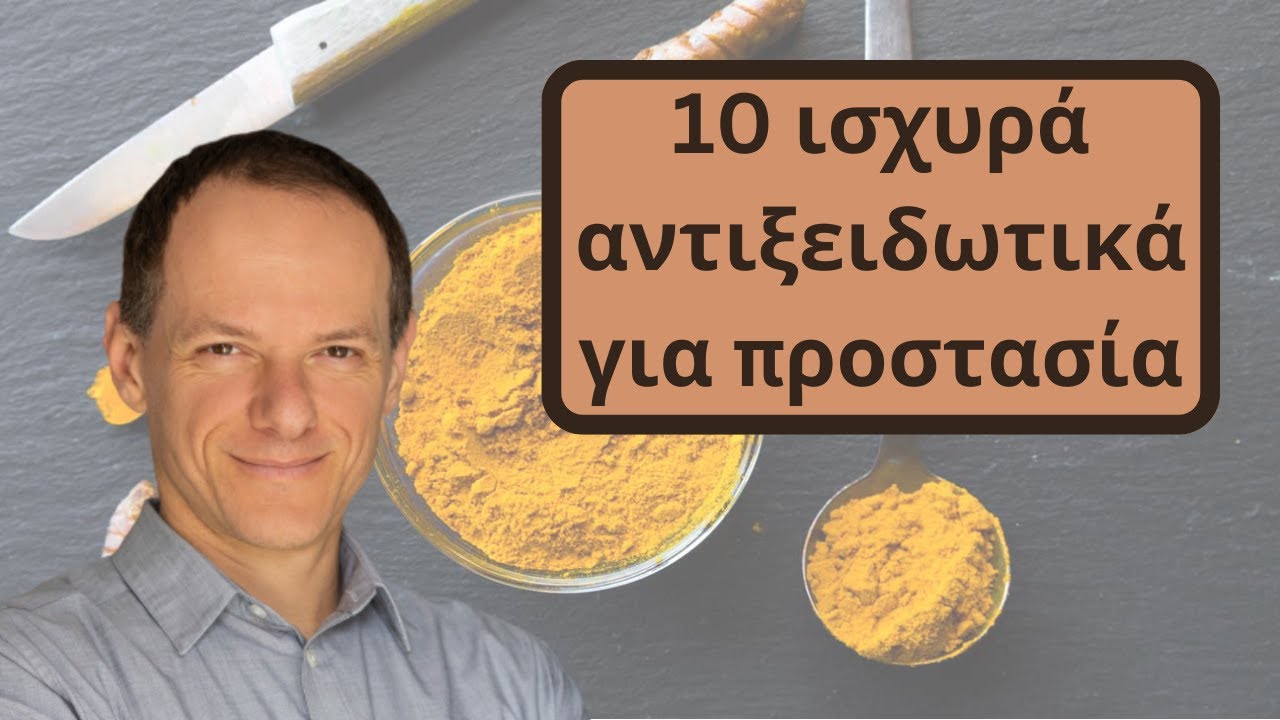
0 Σχόλια